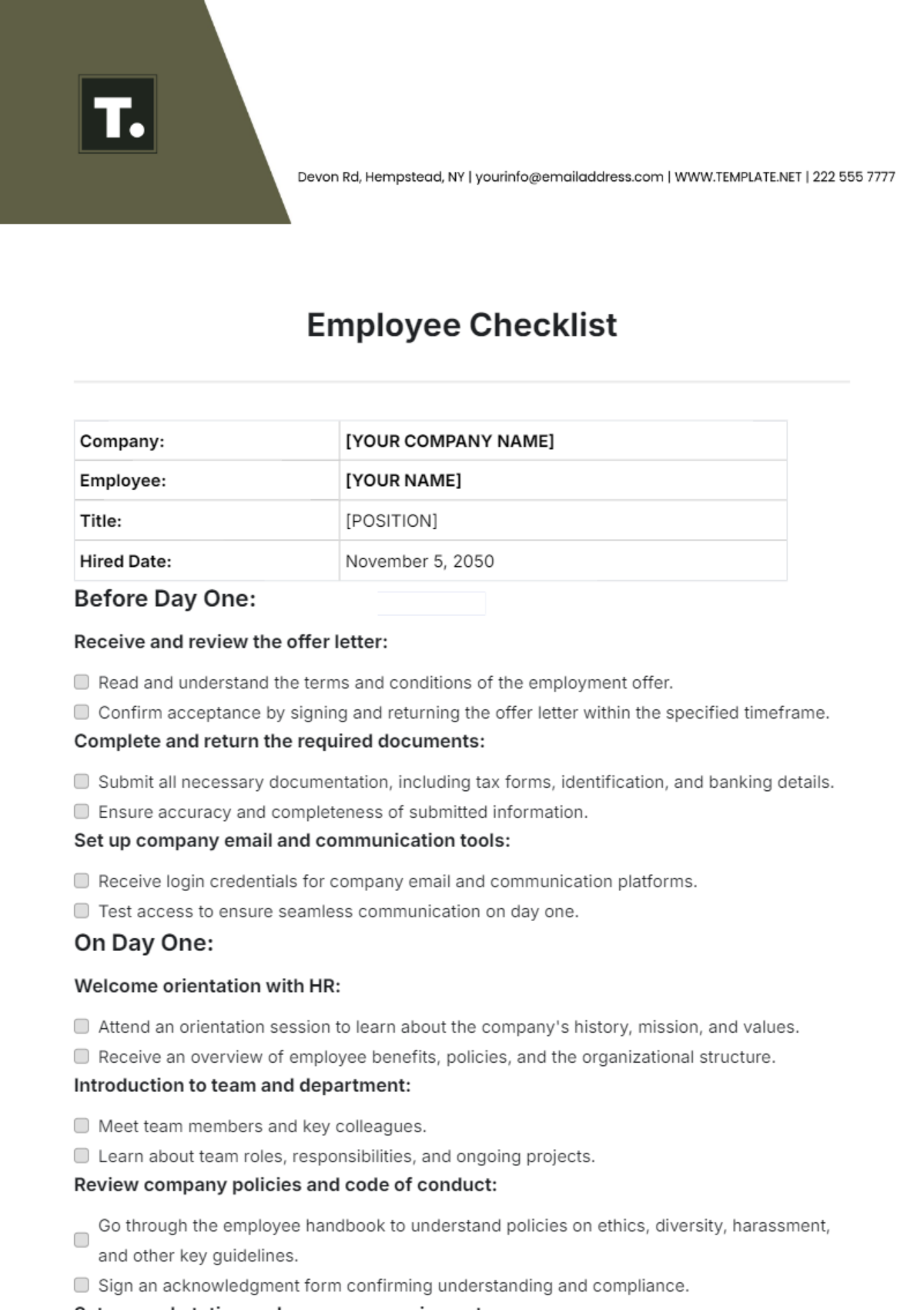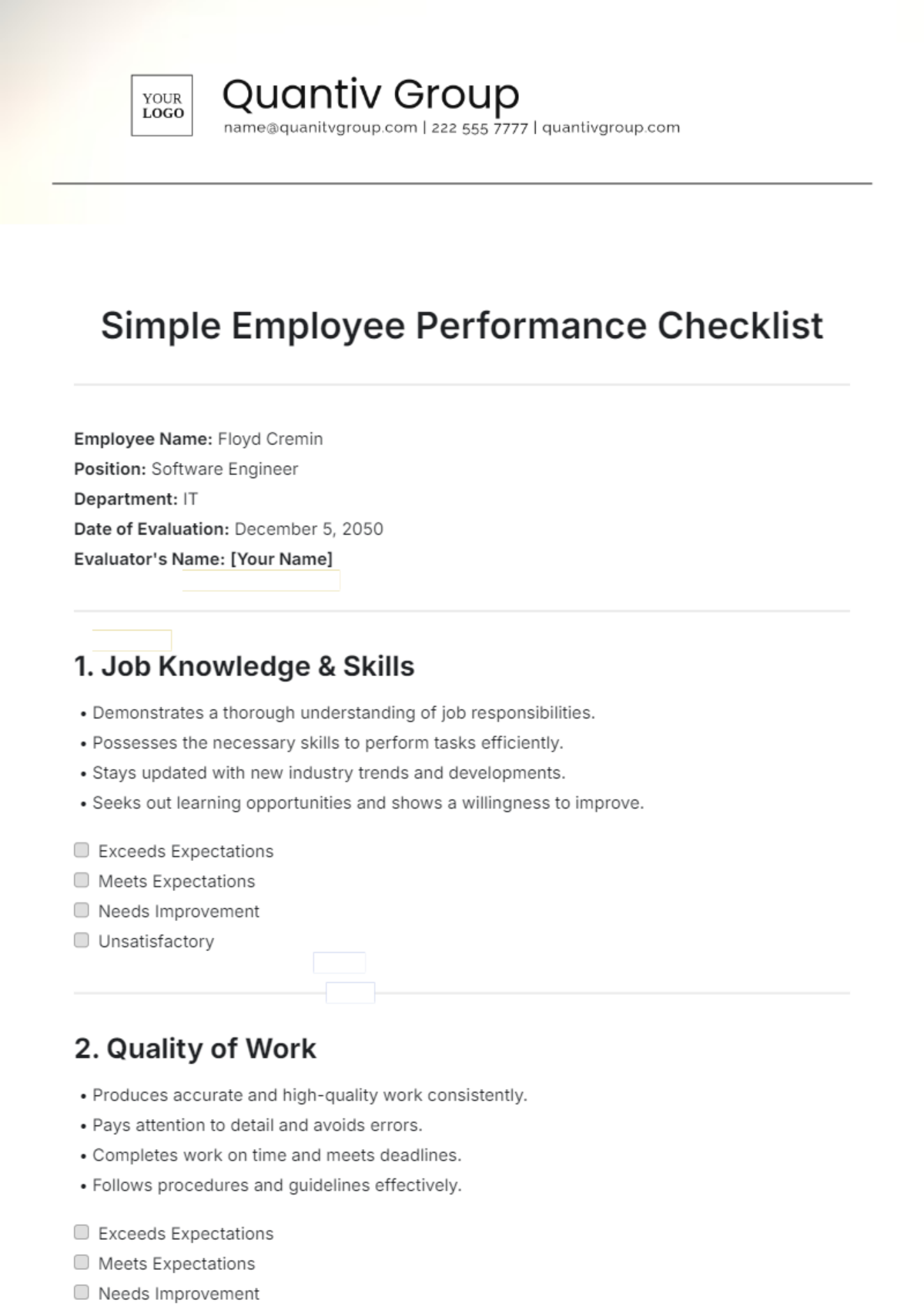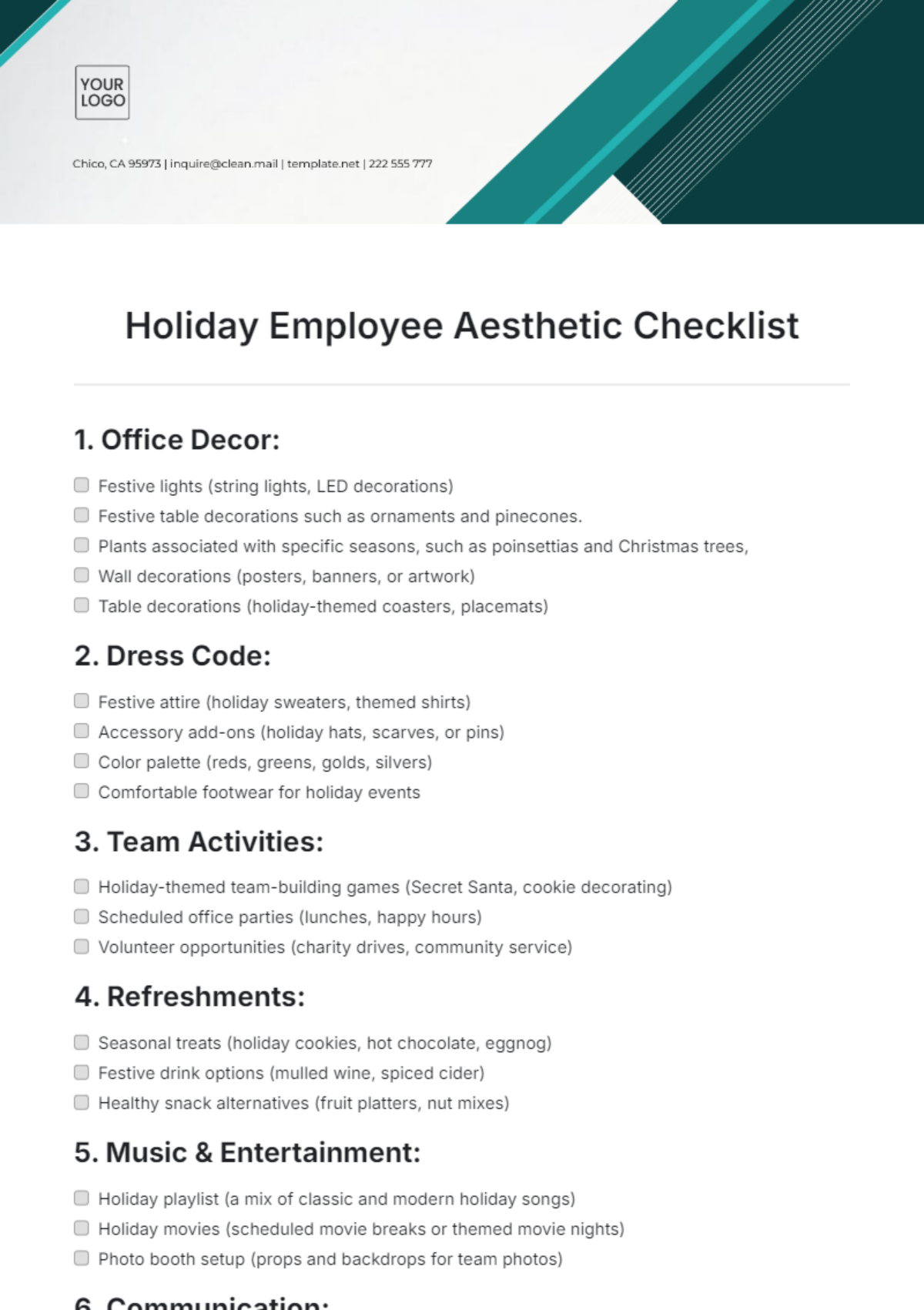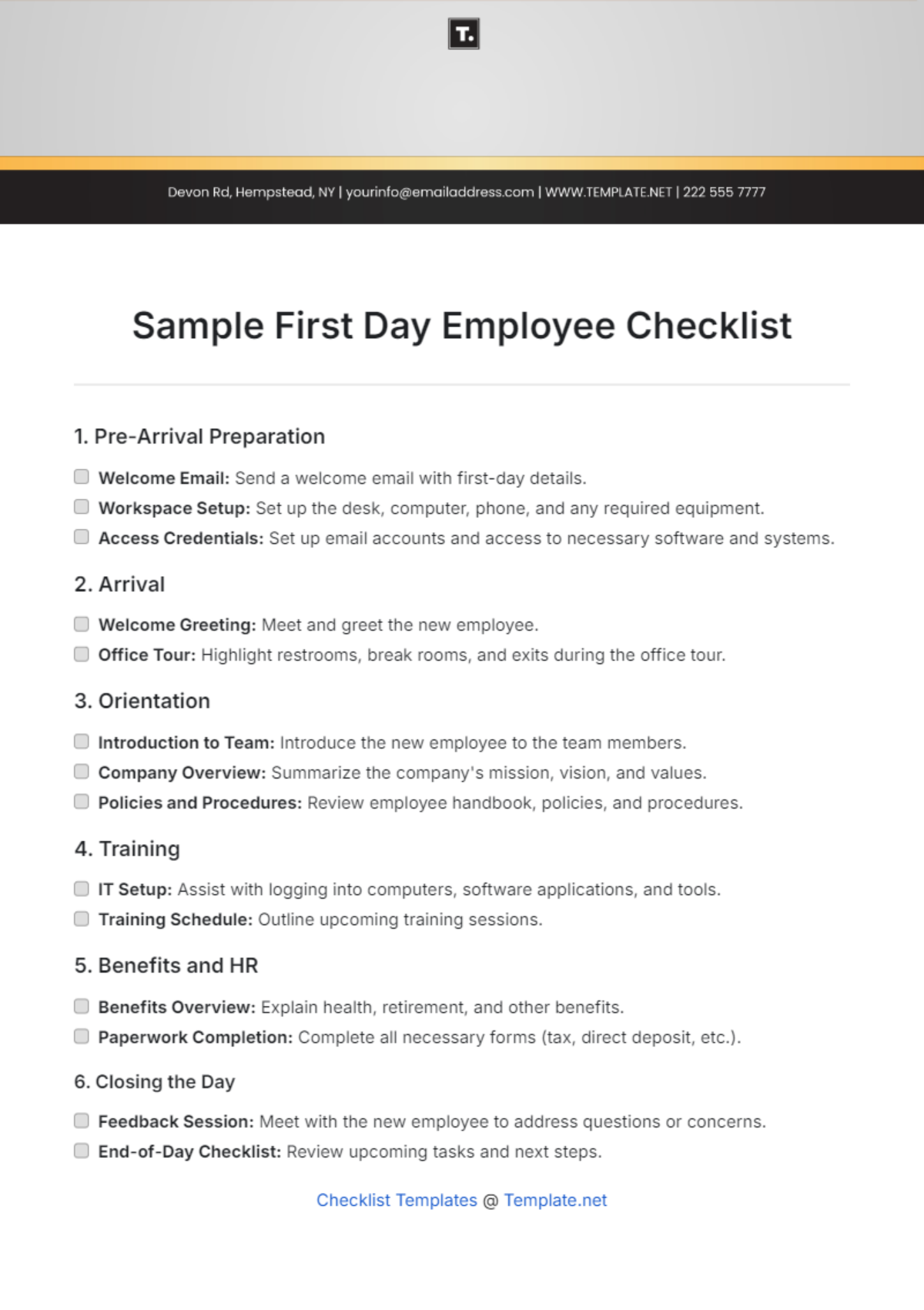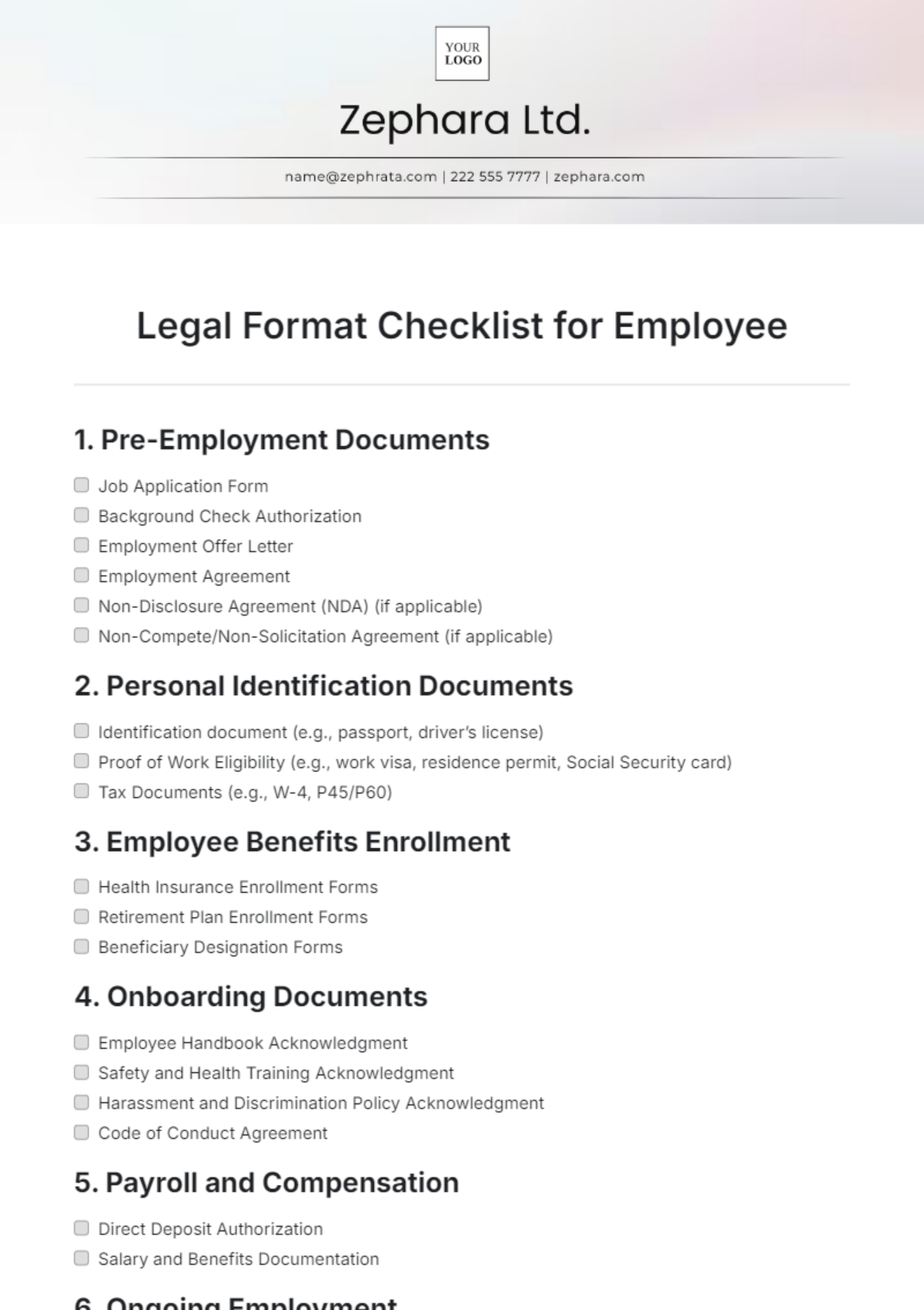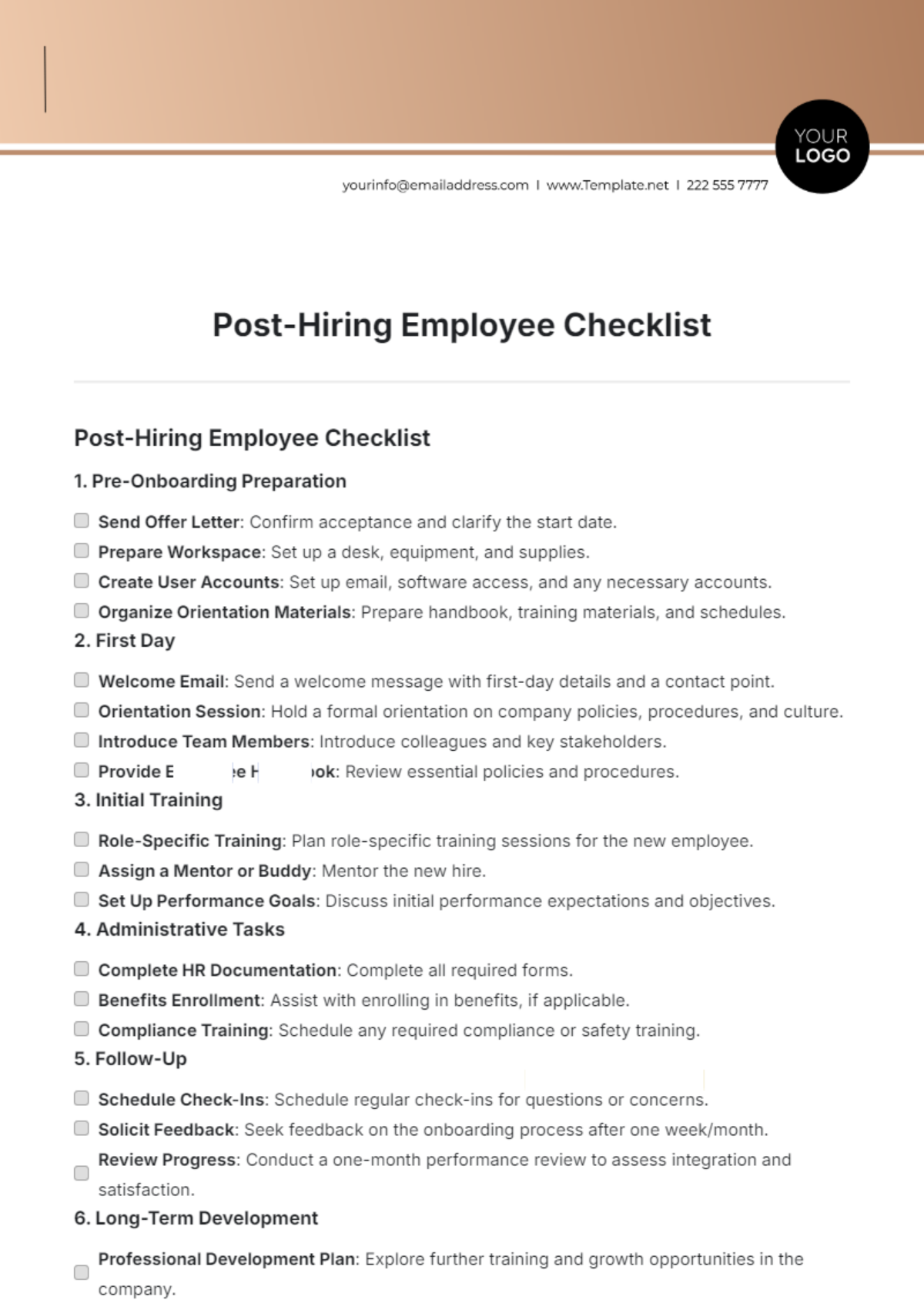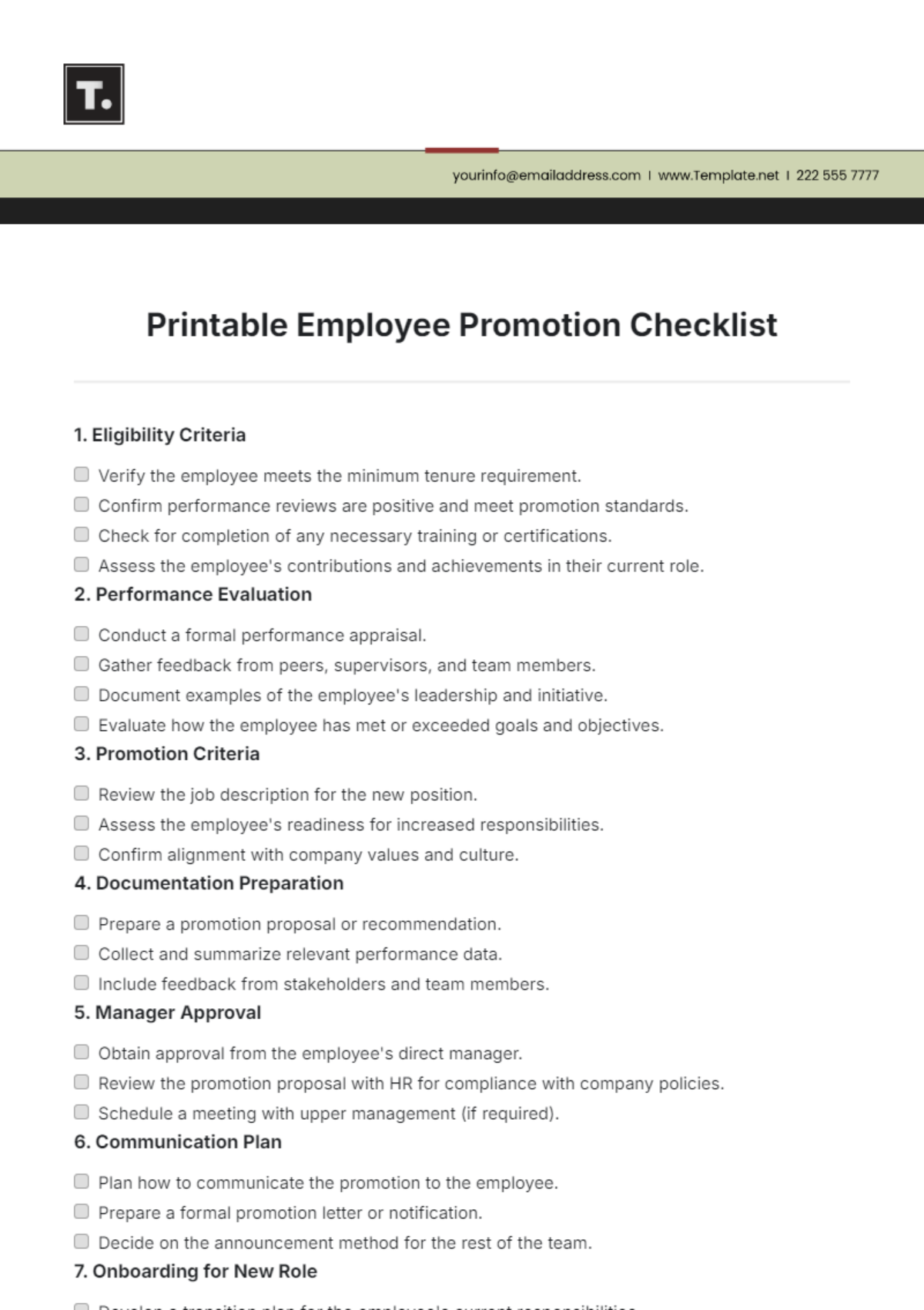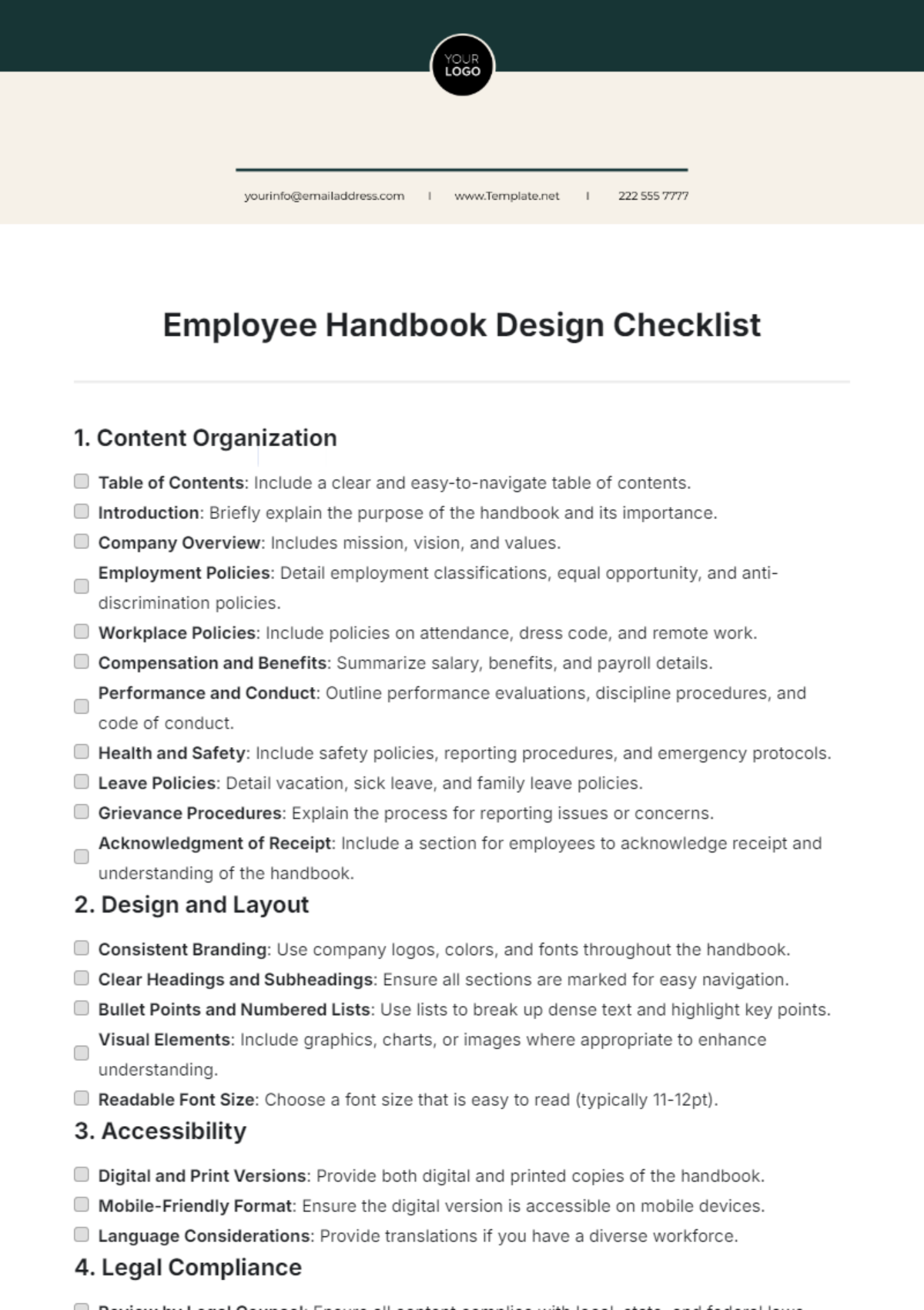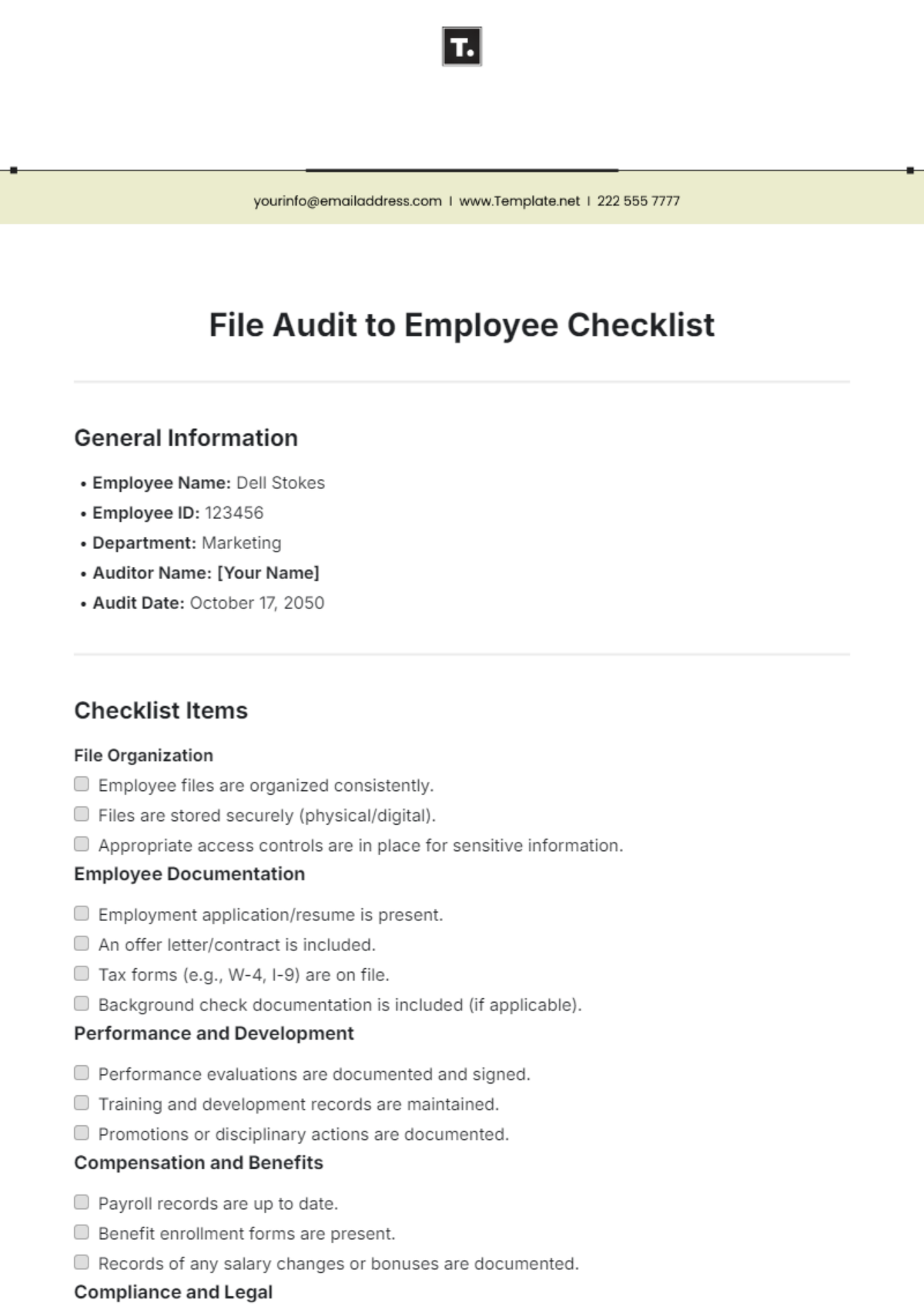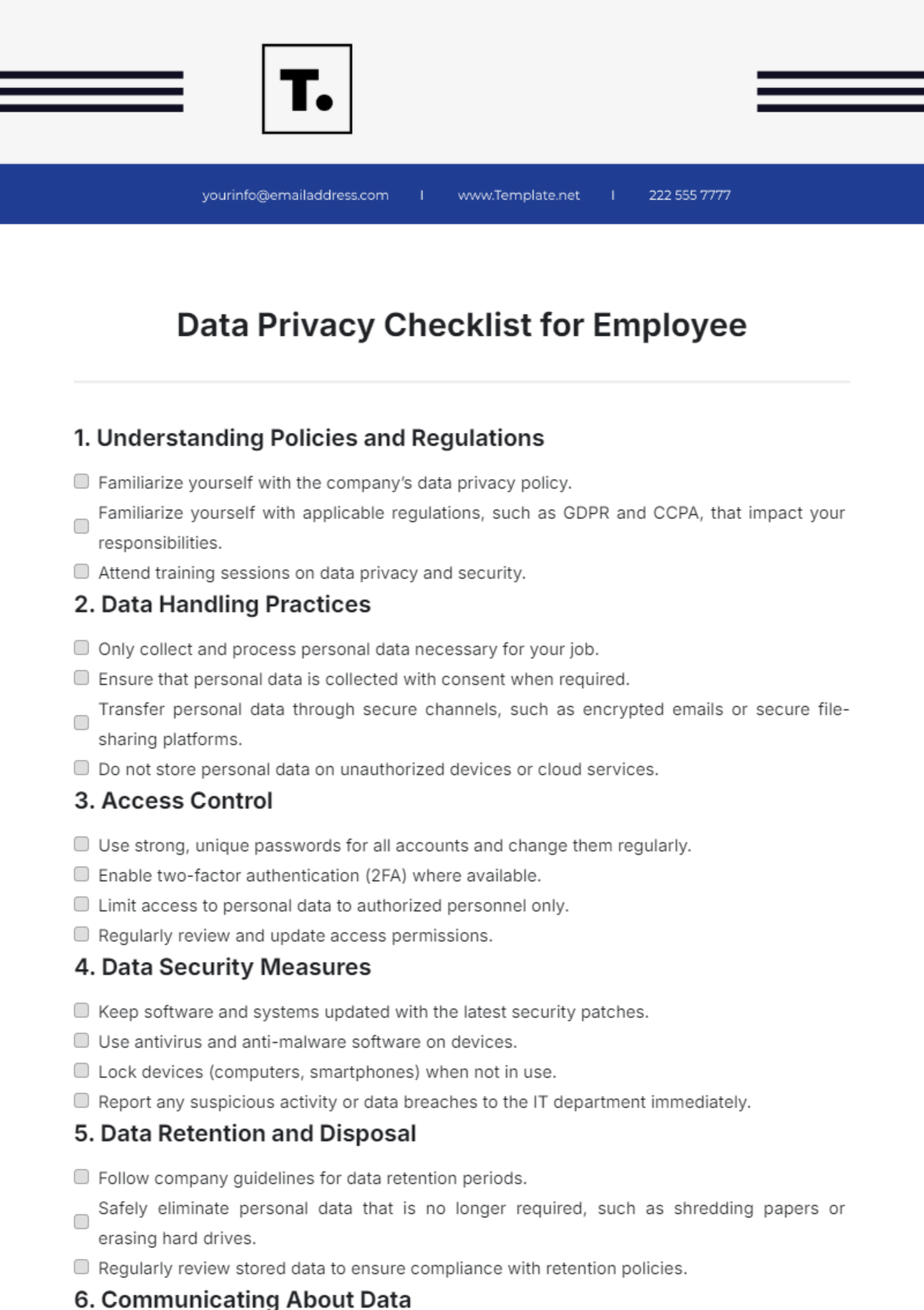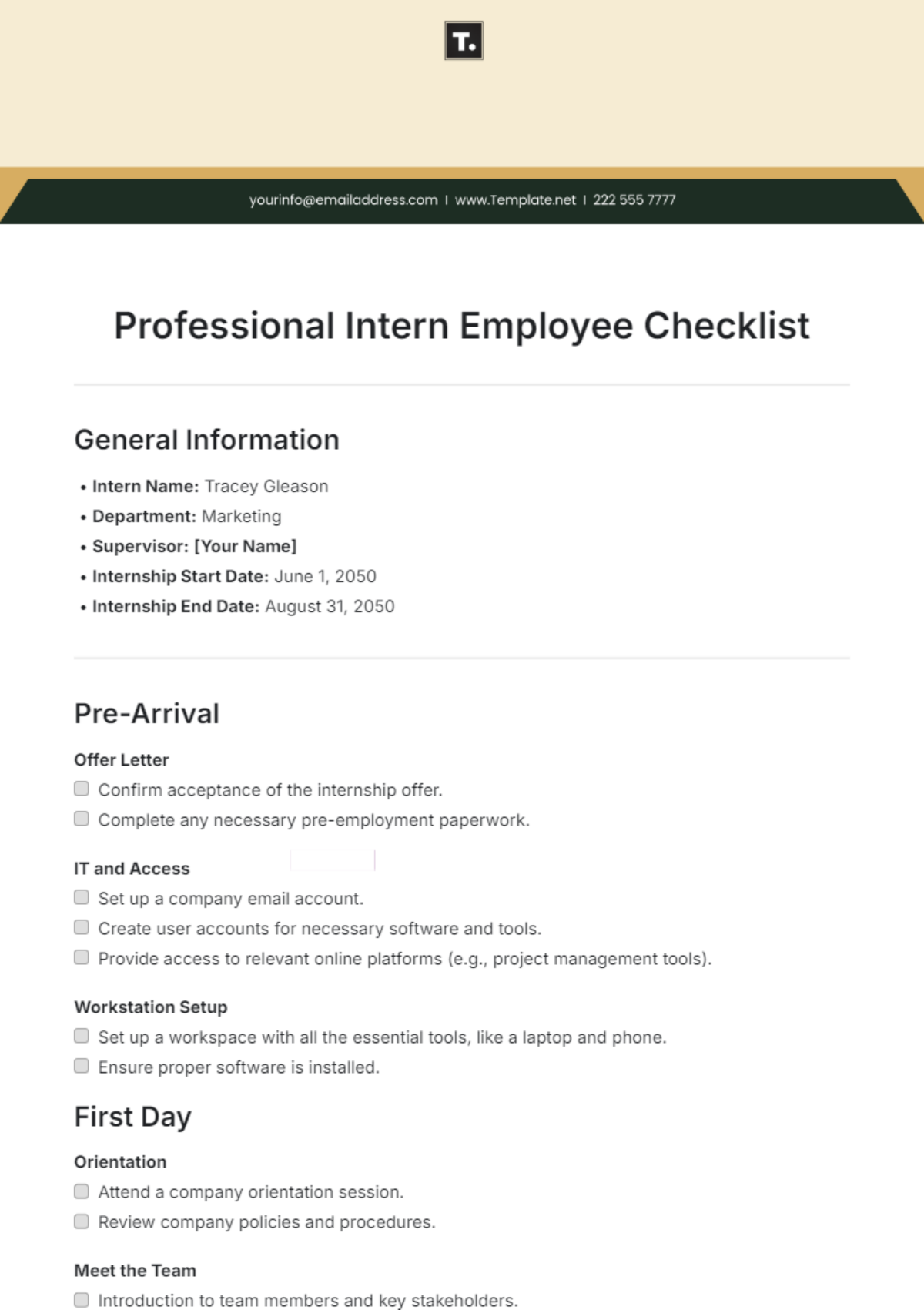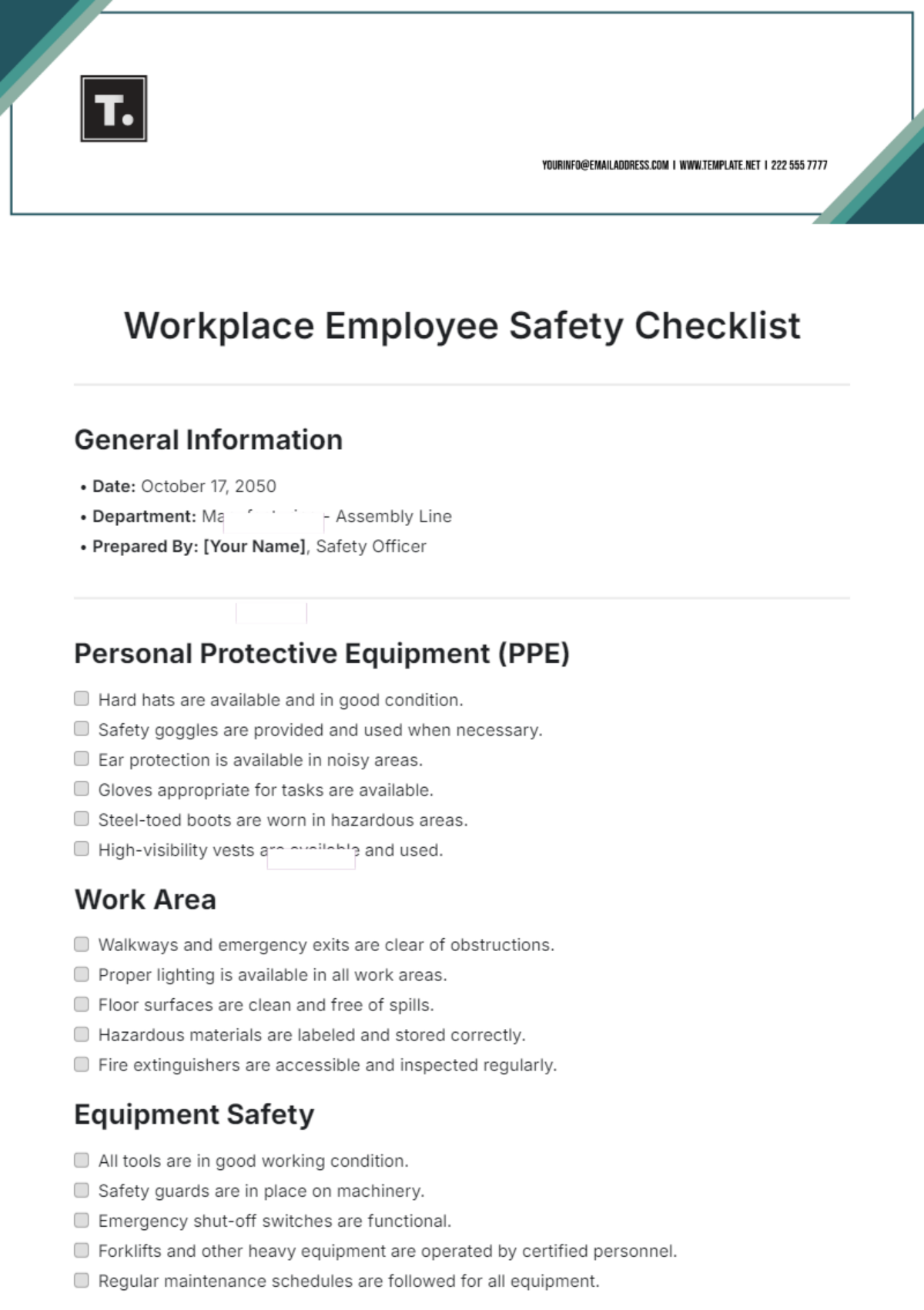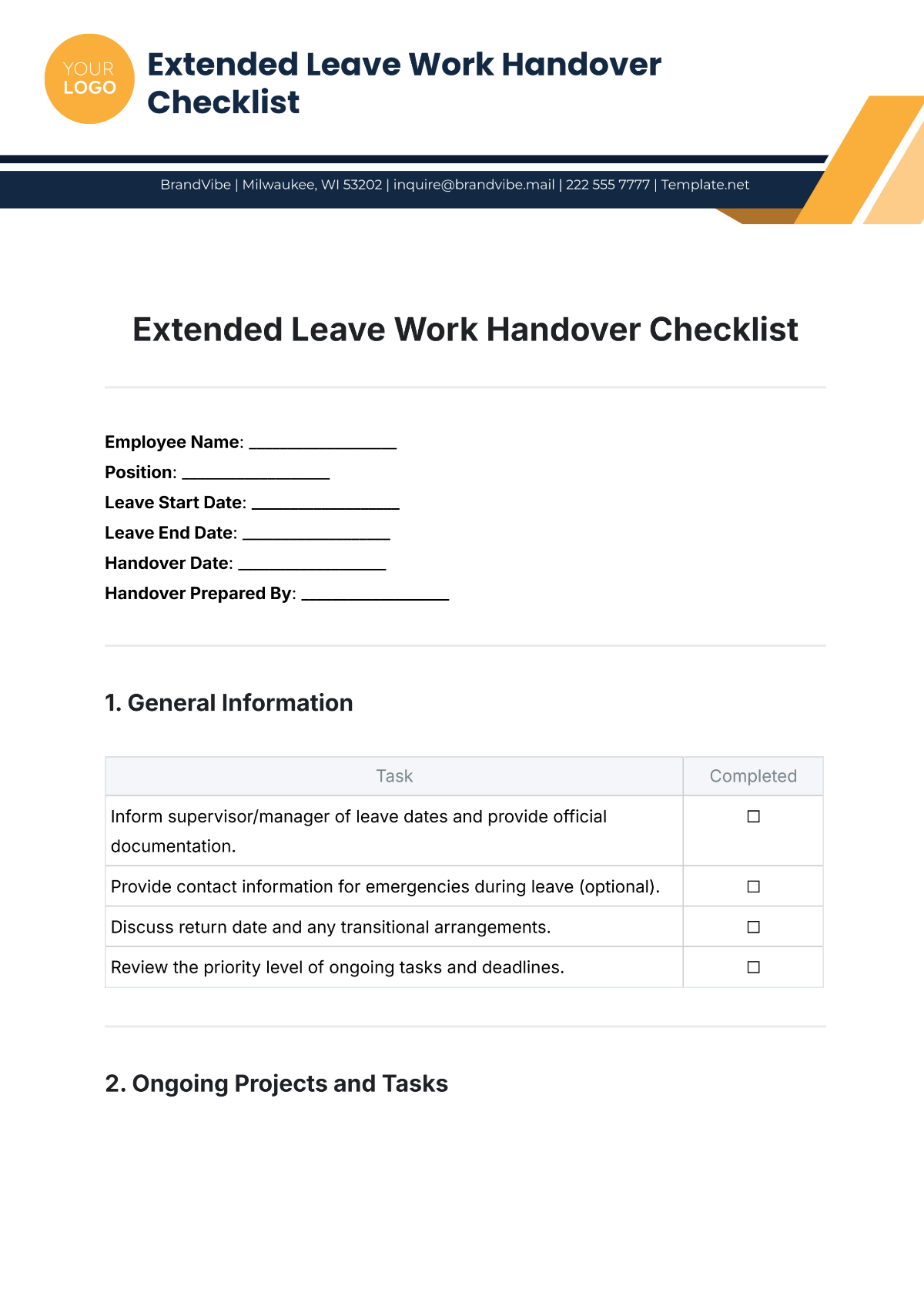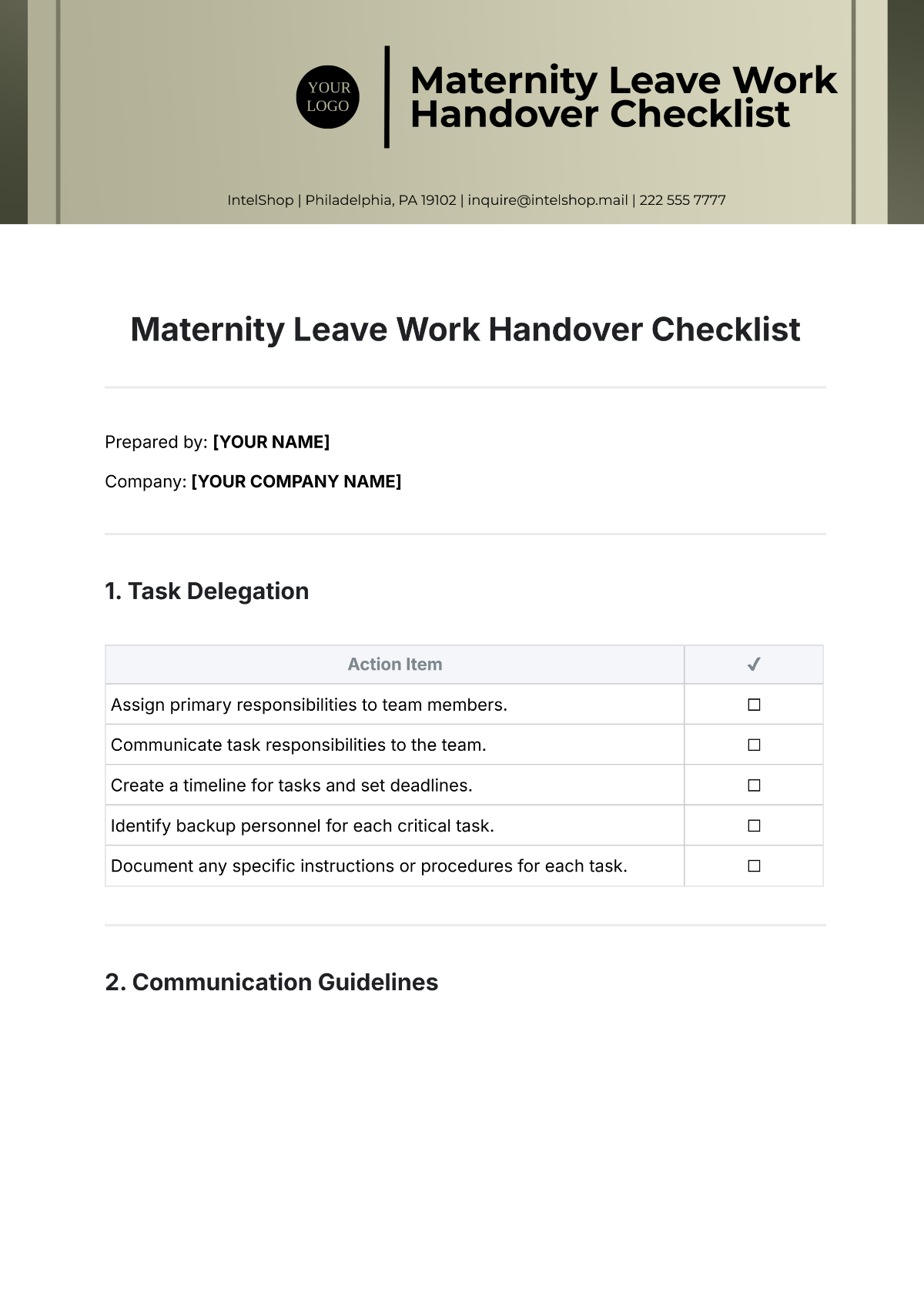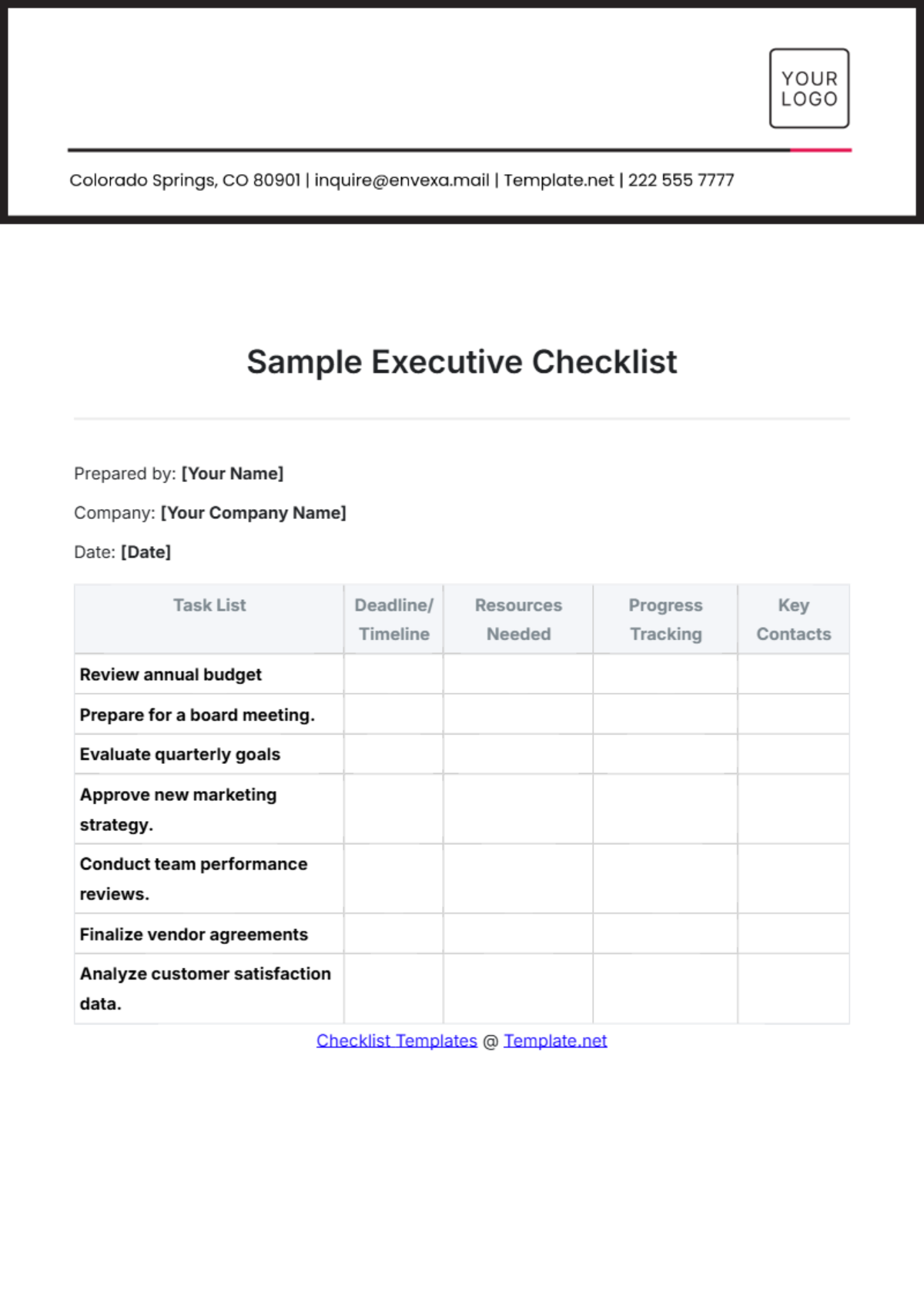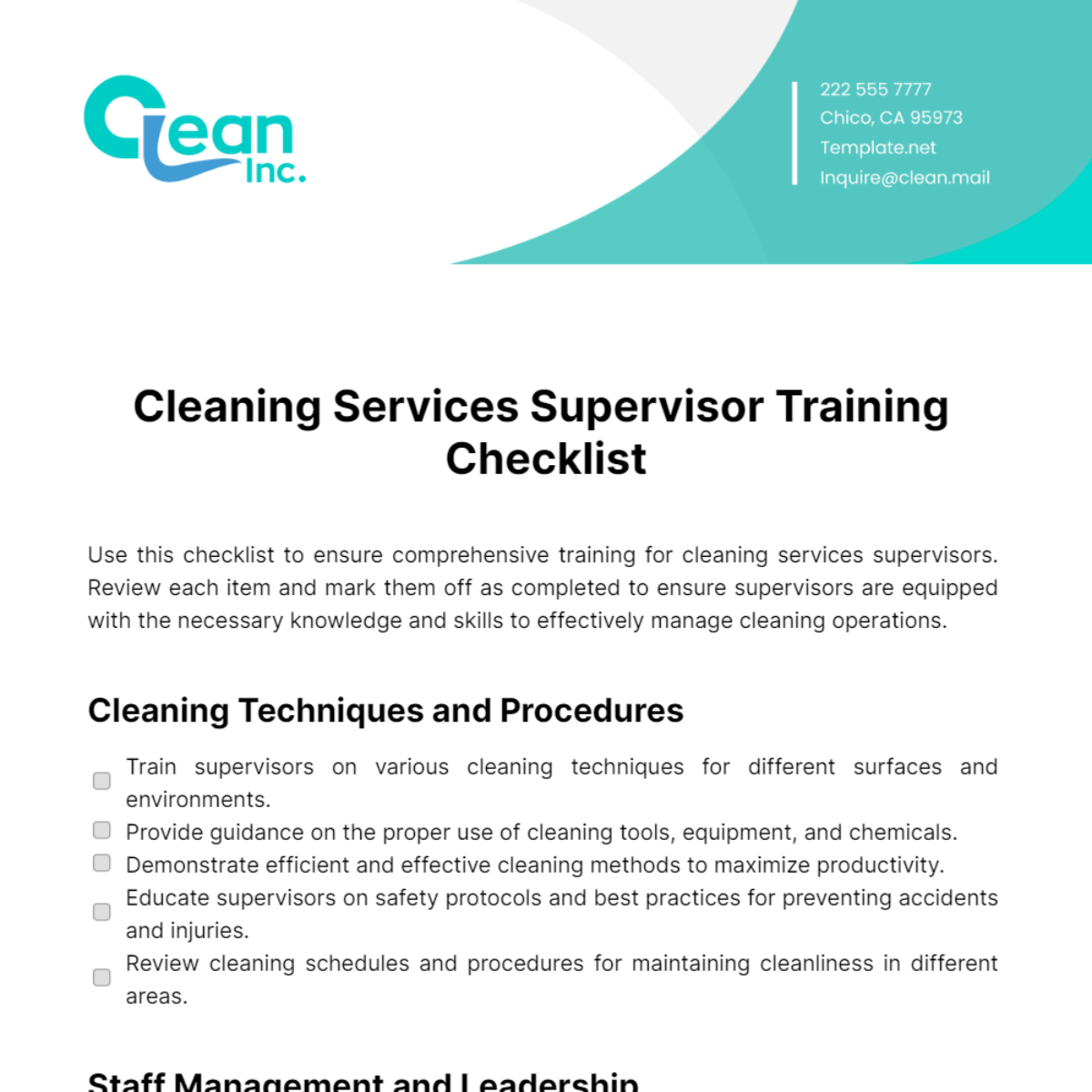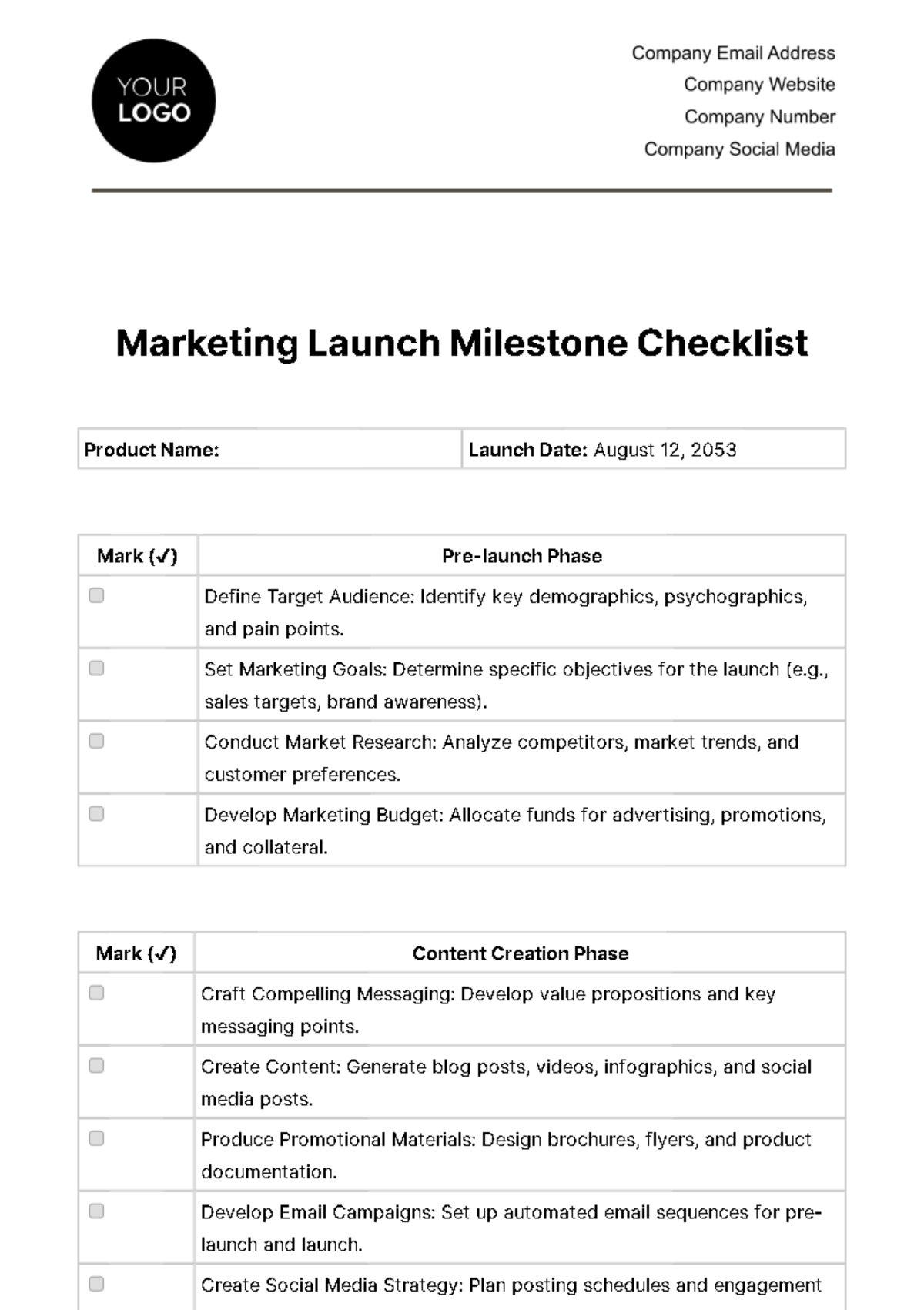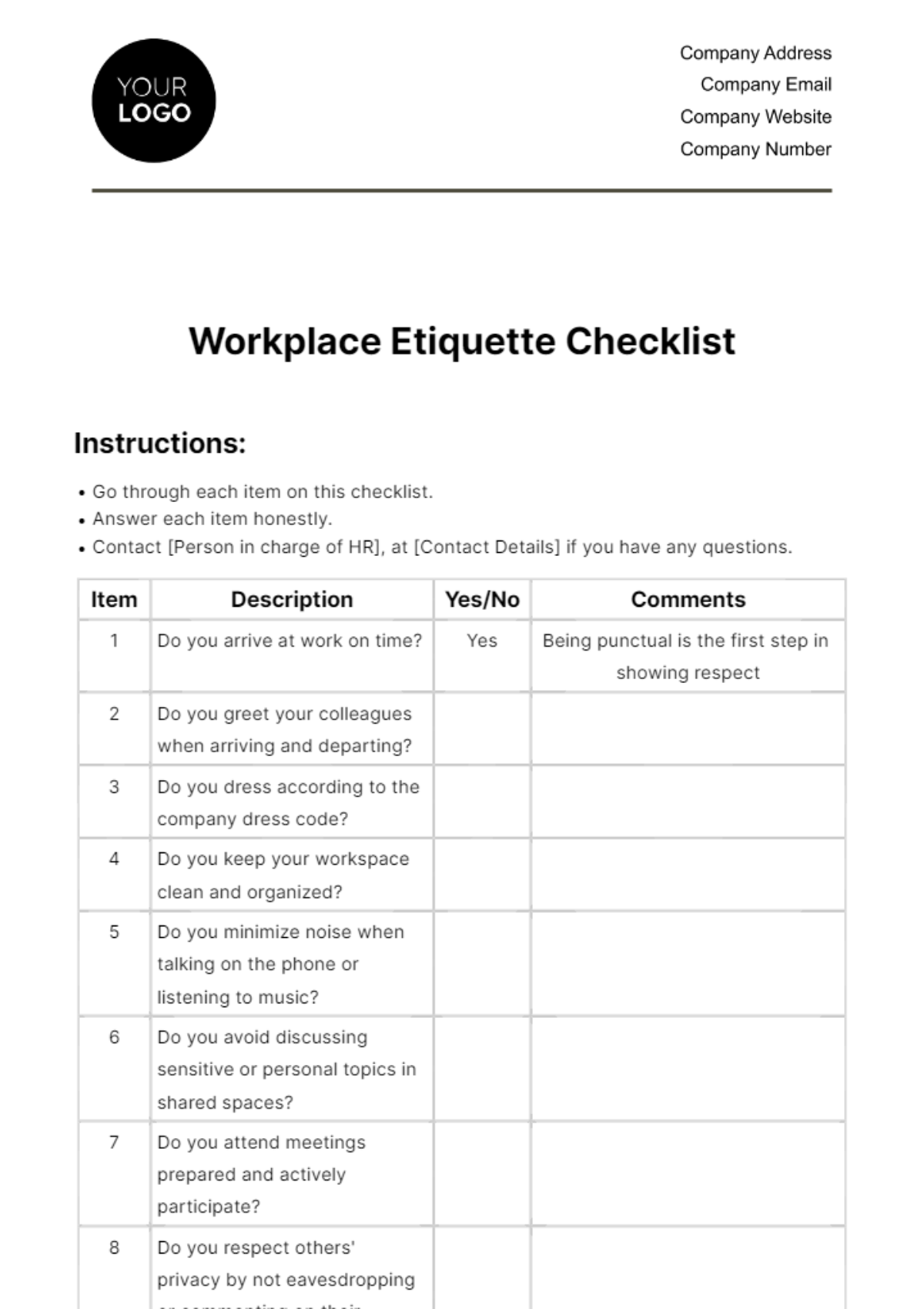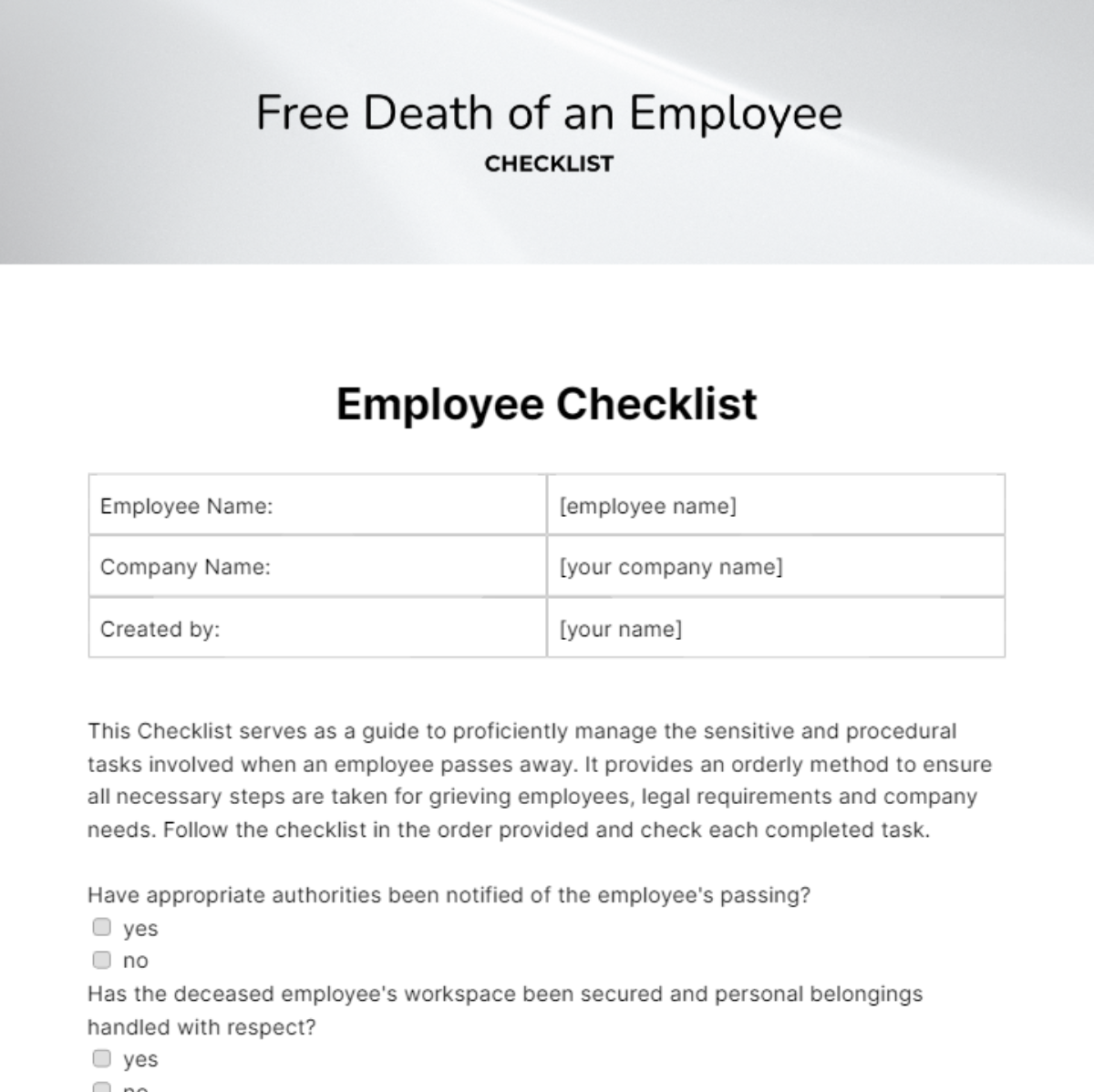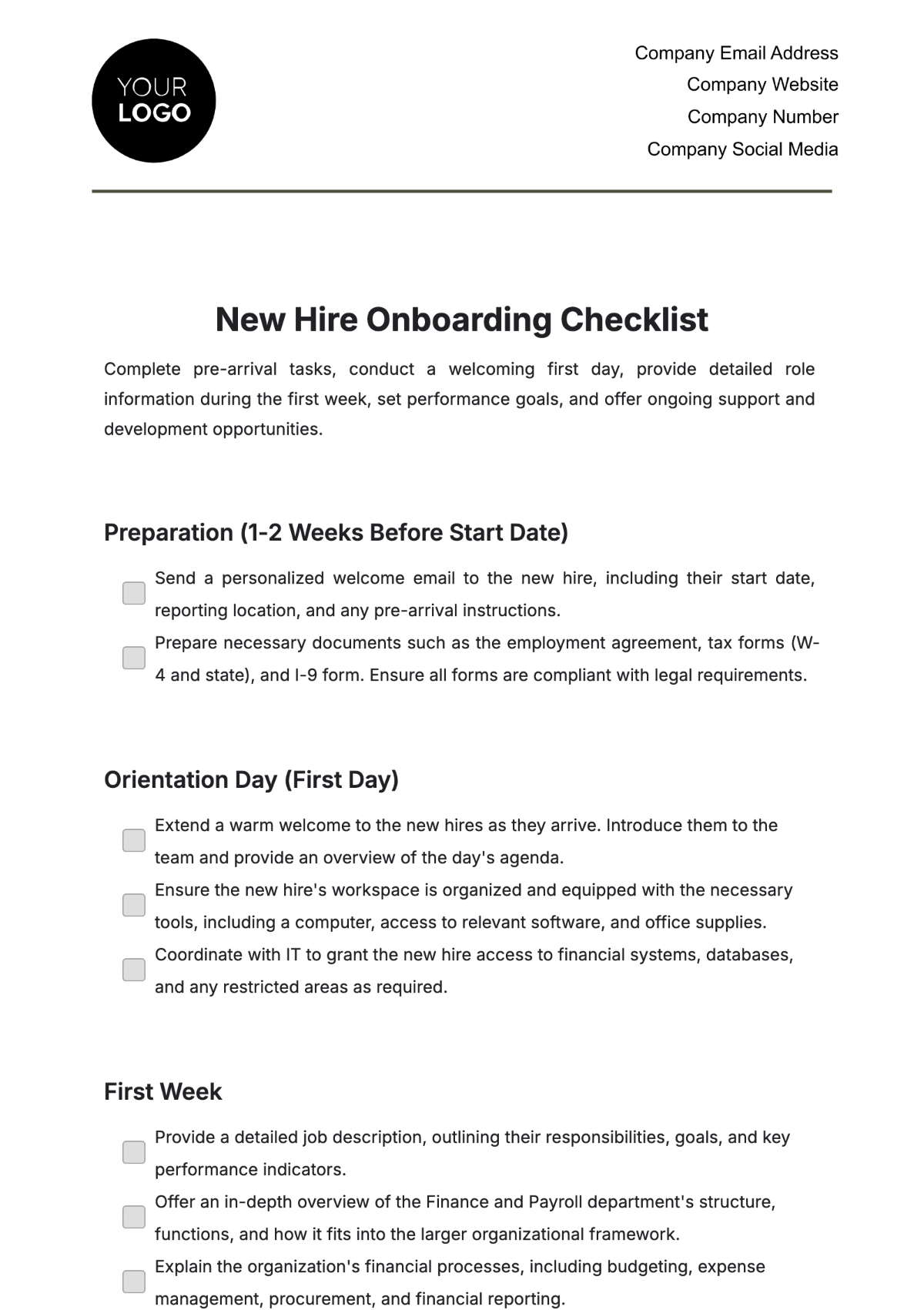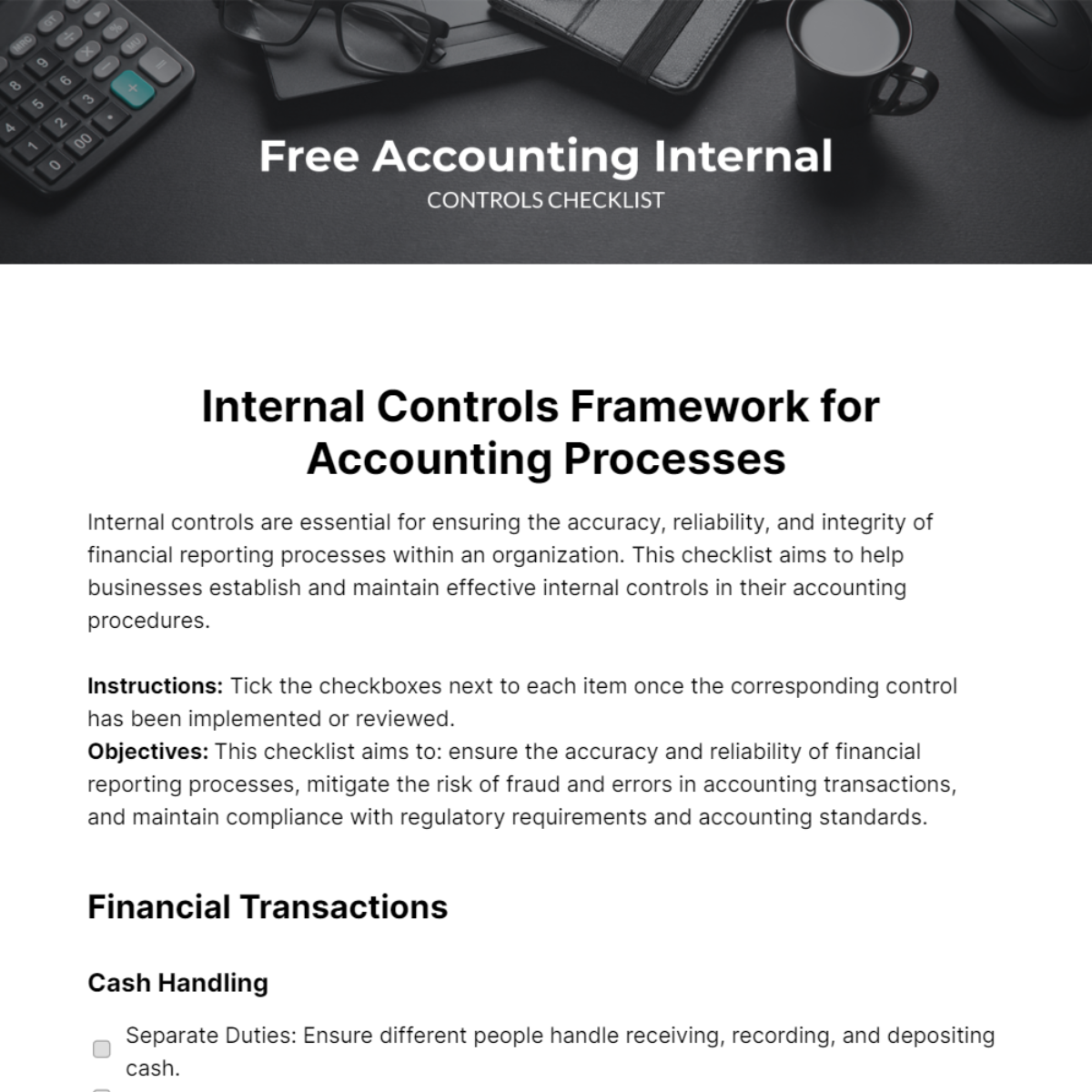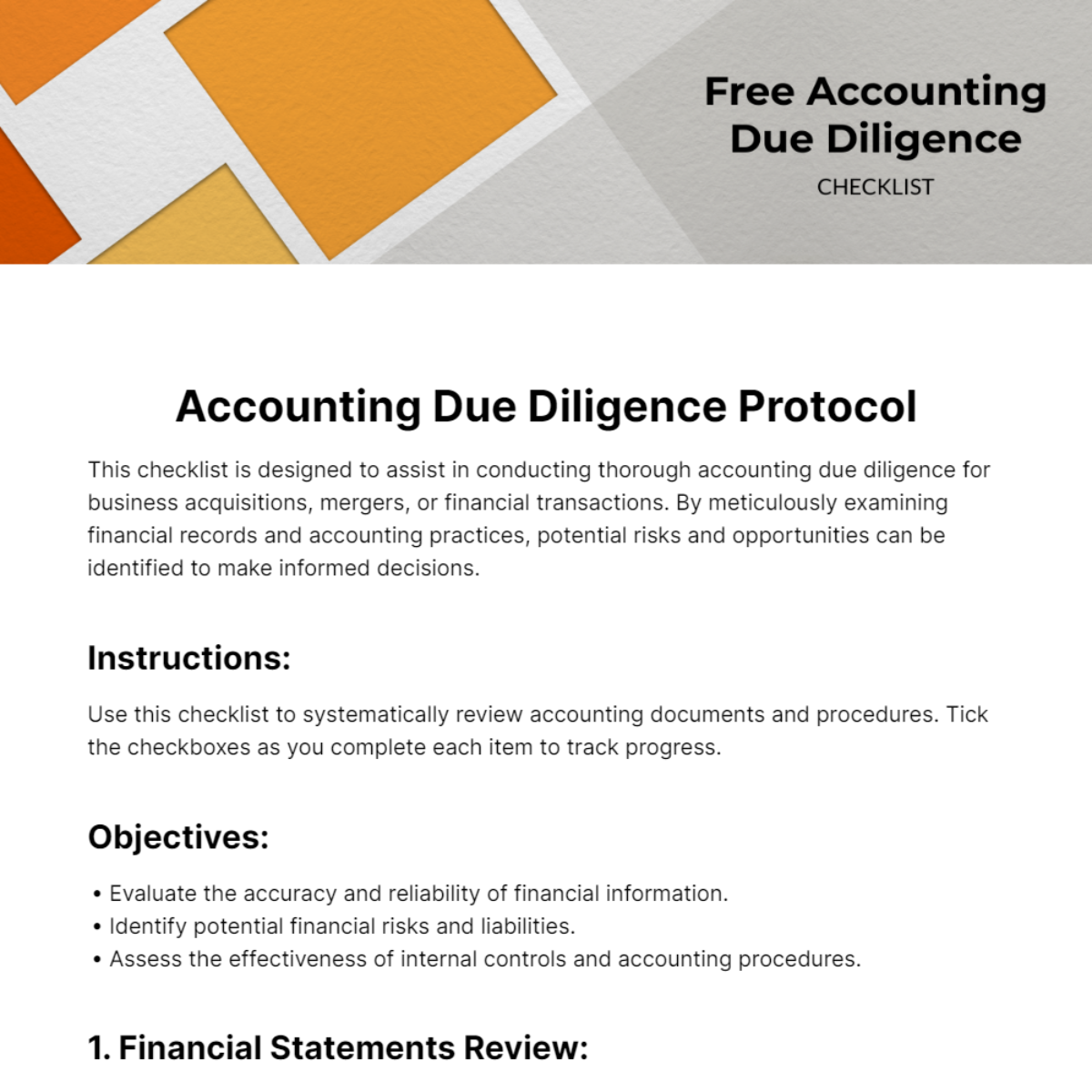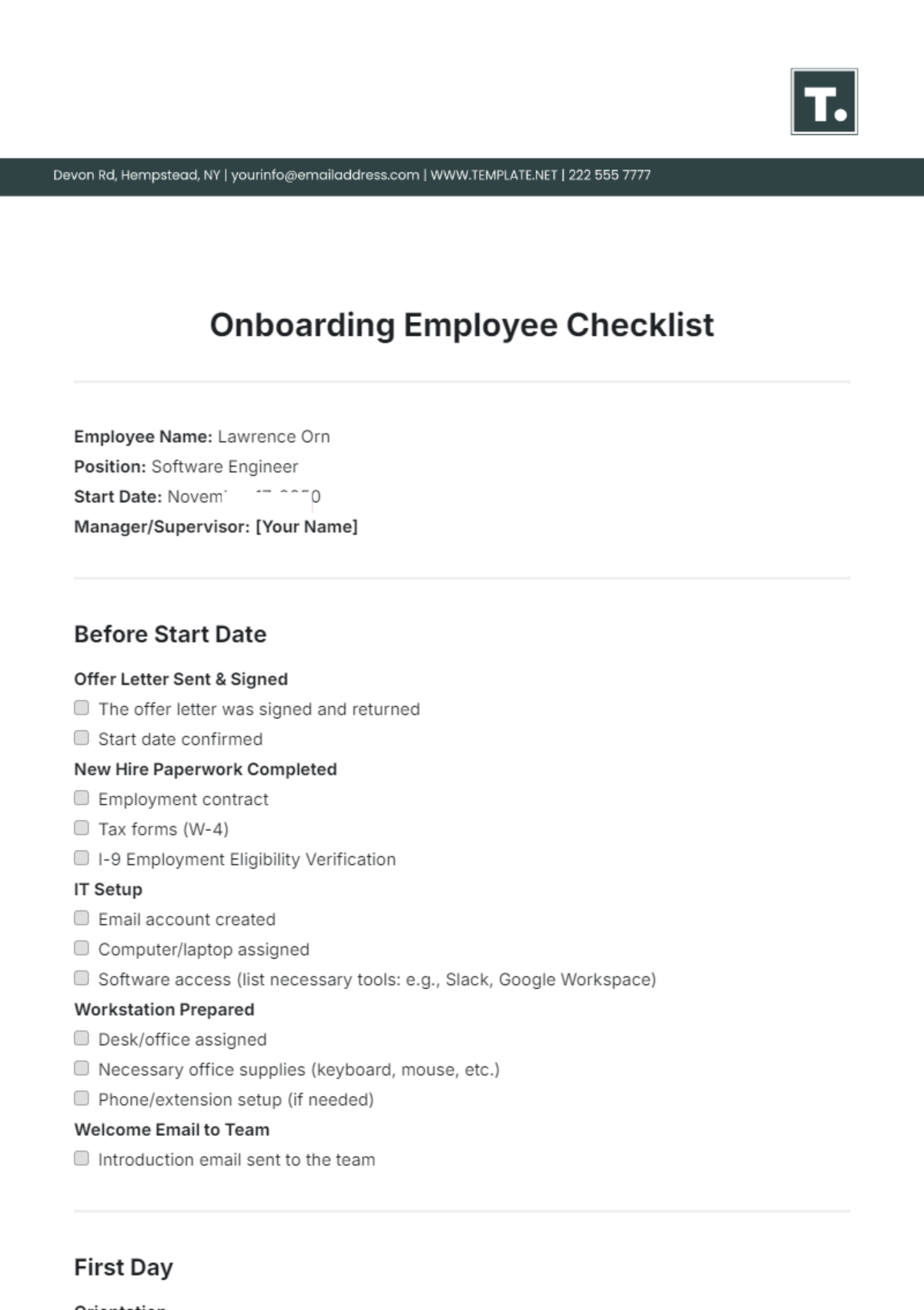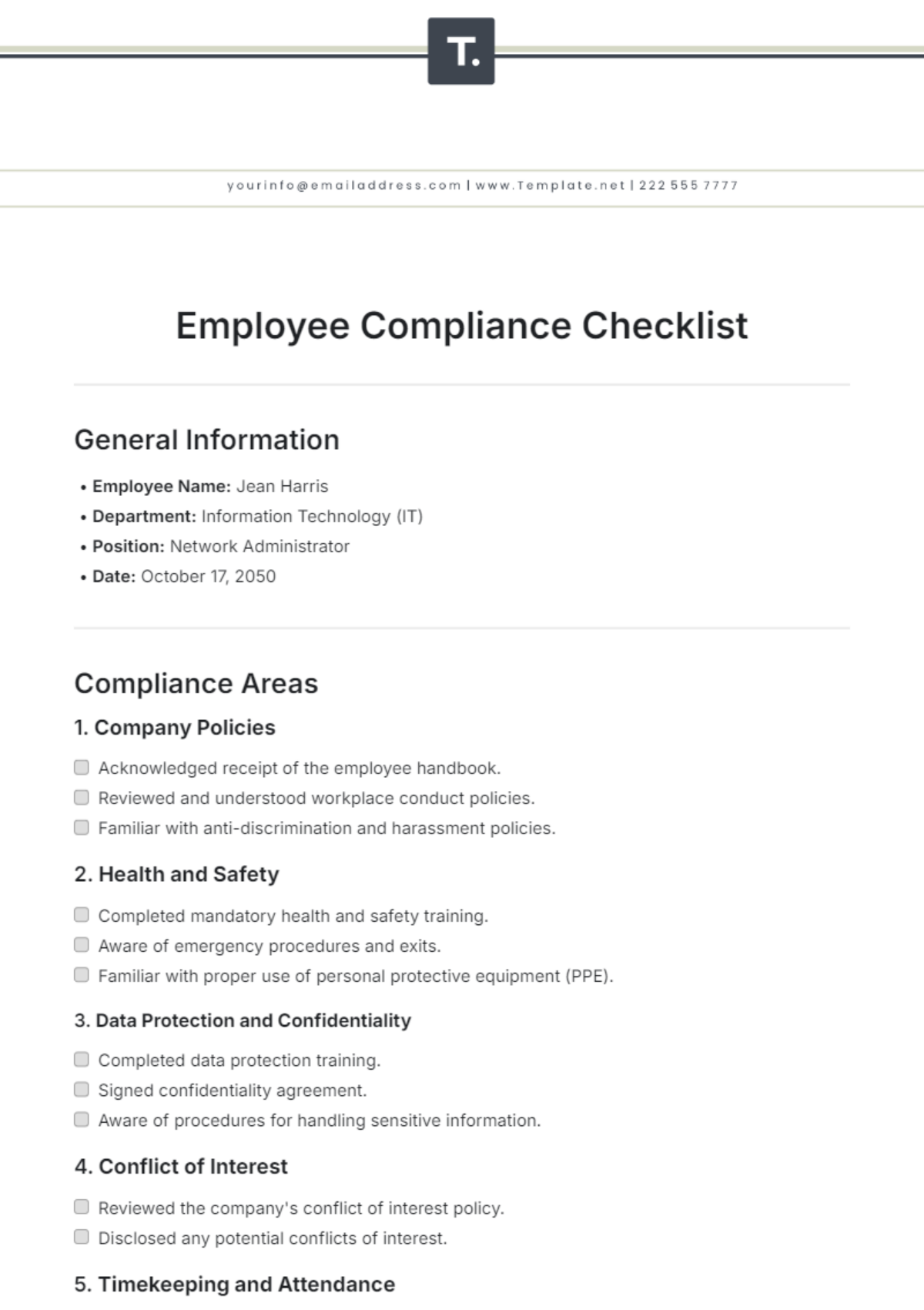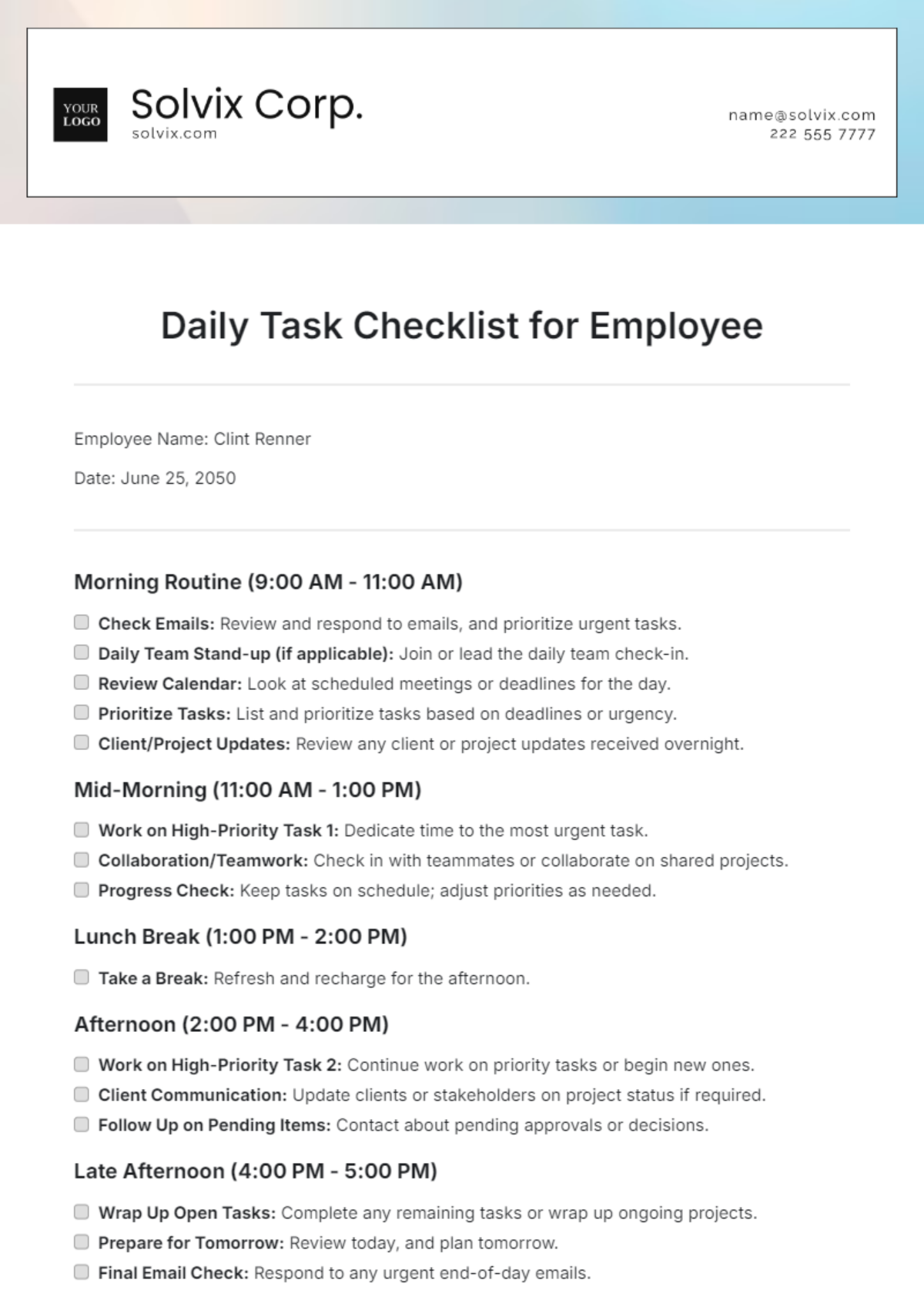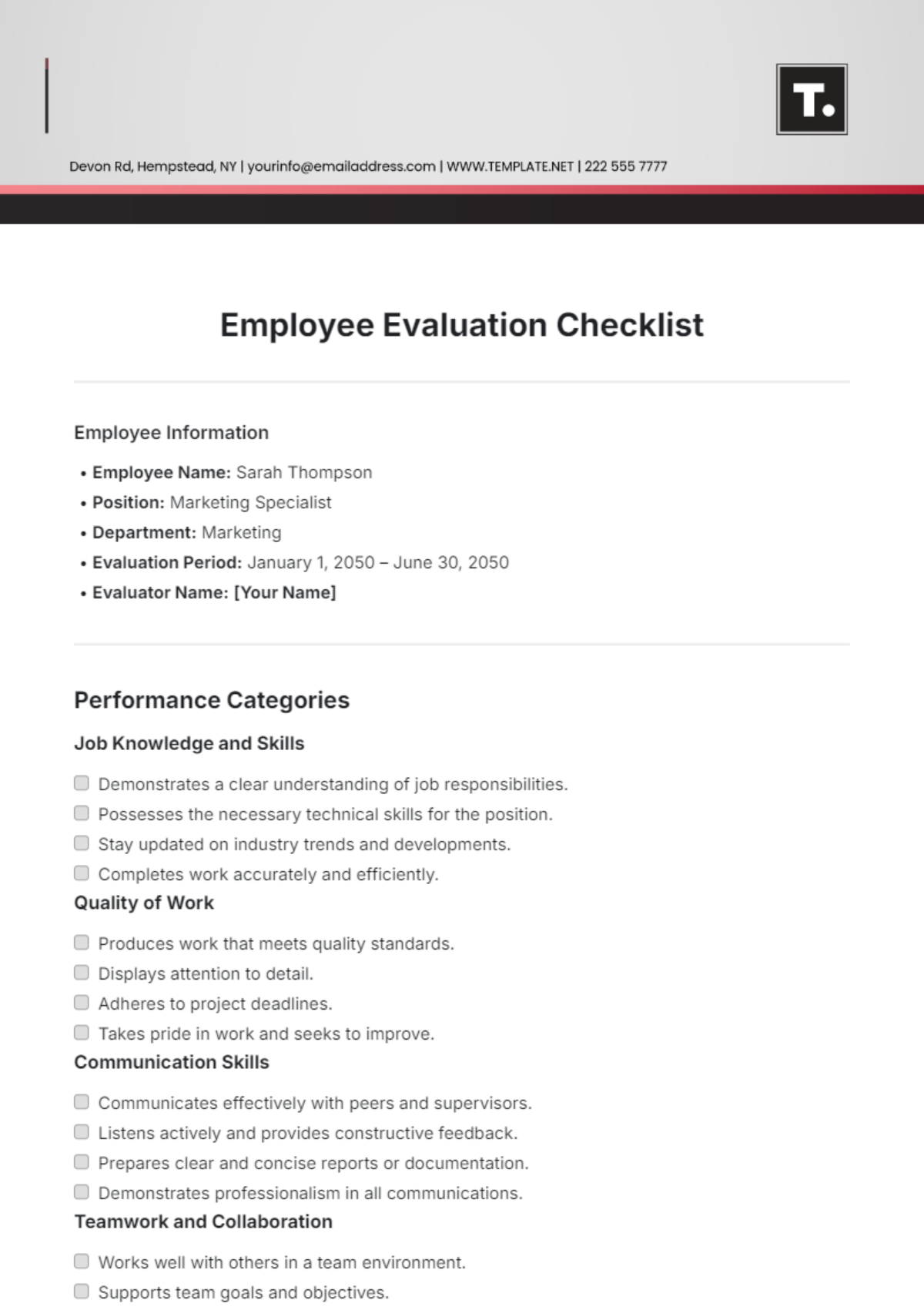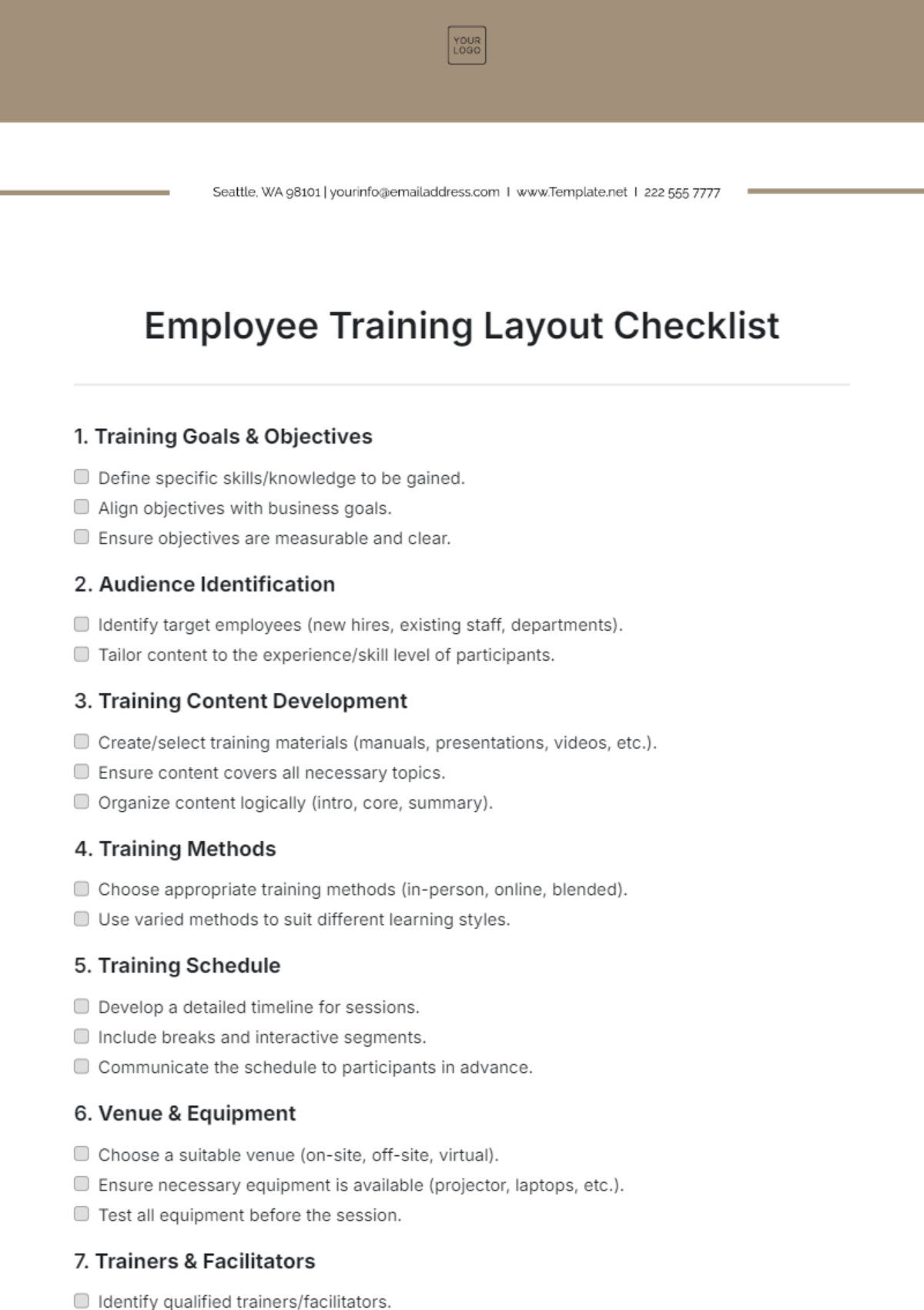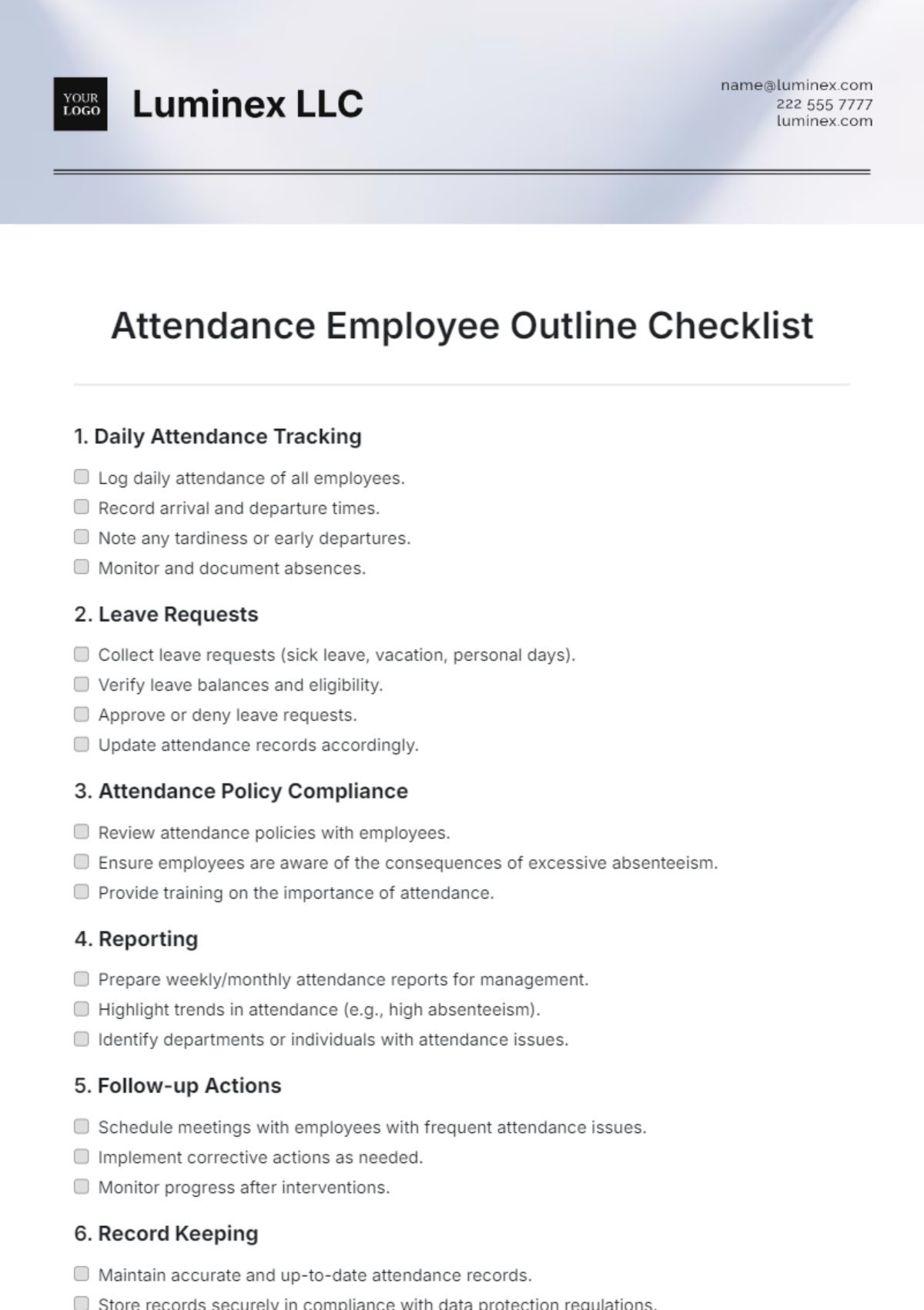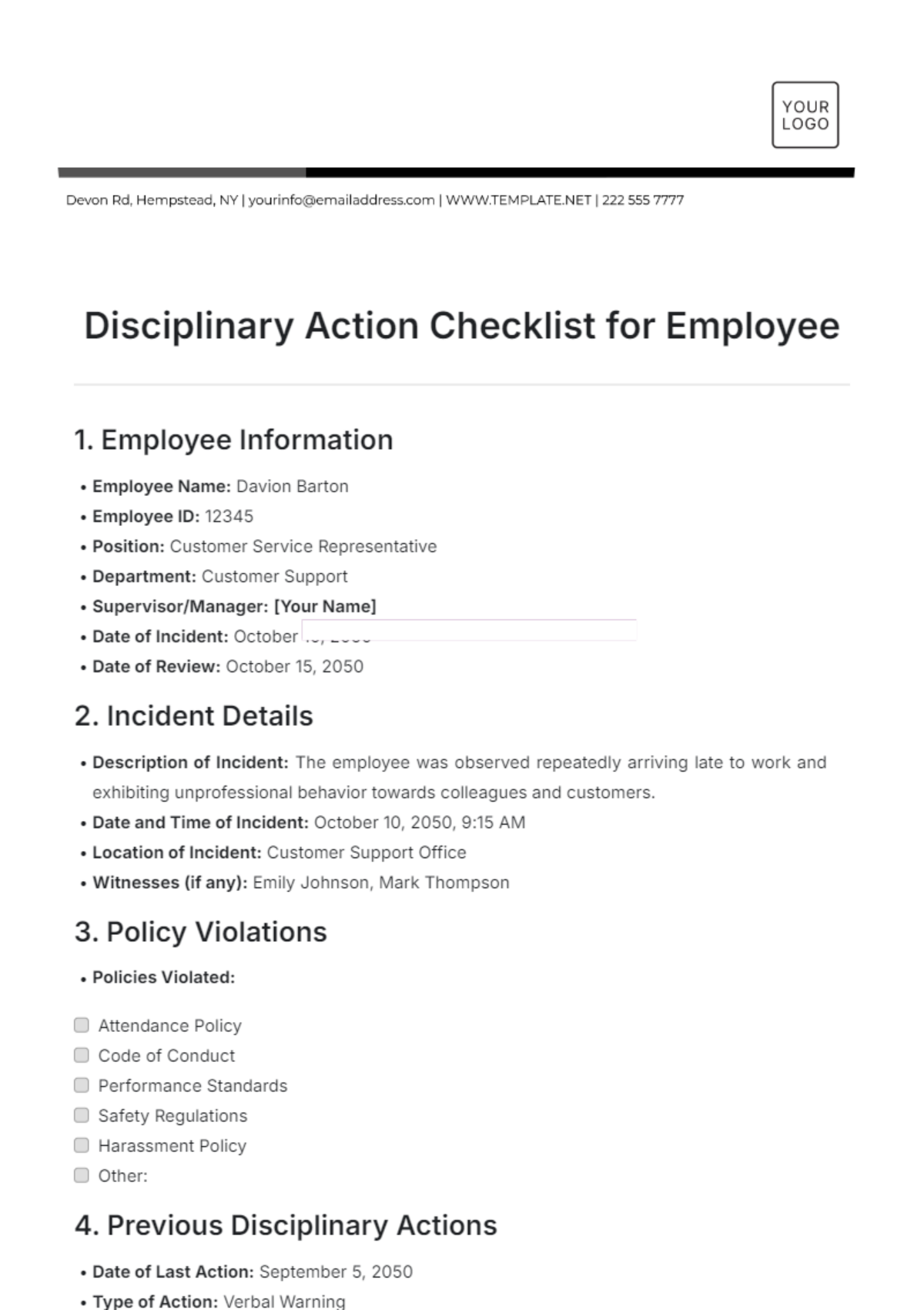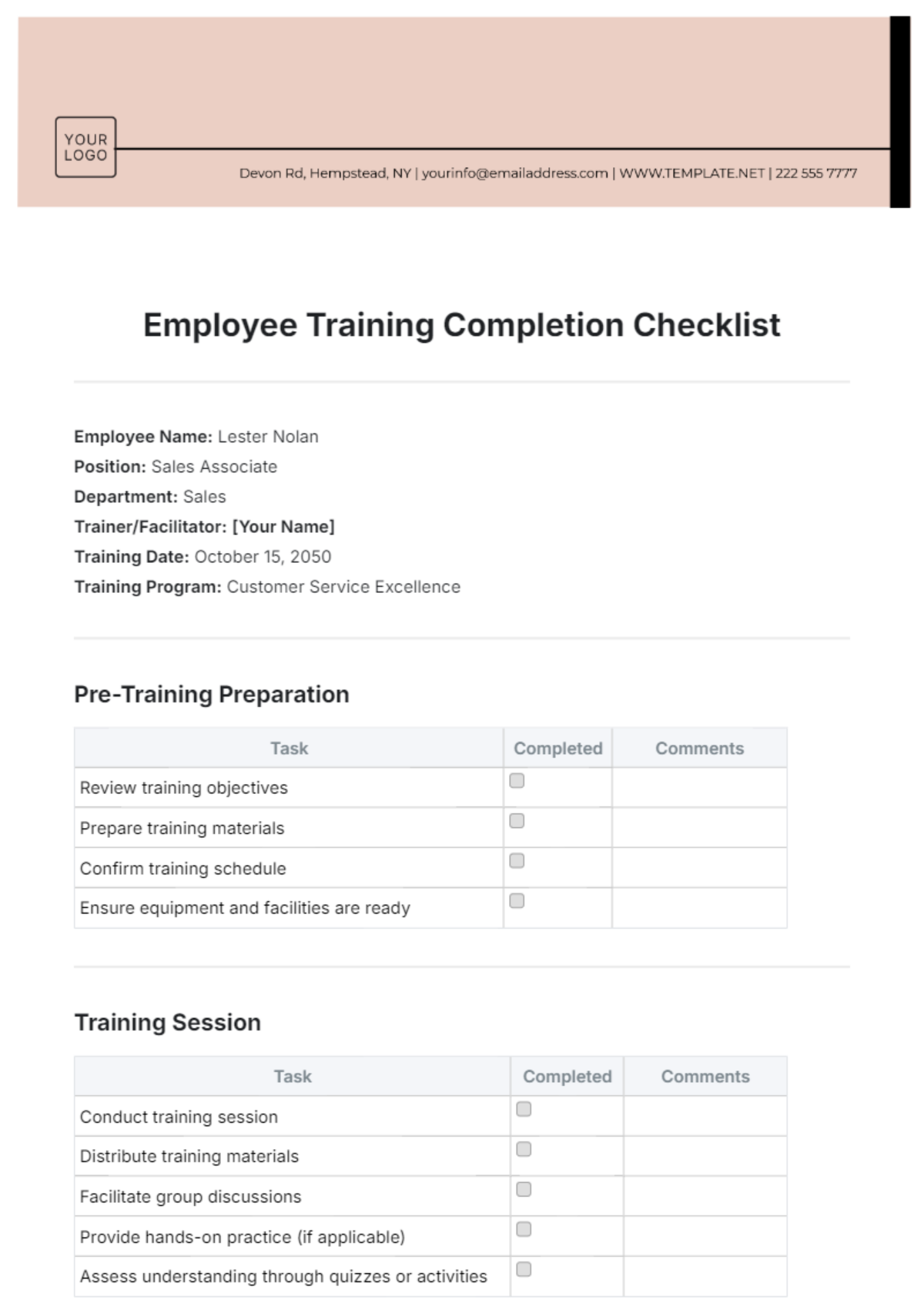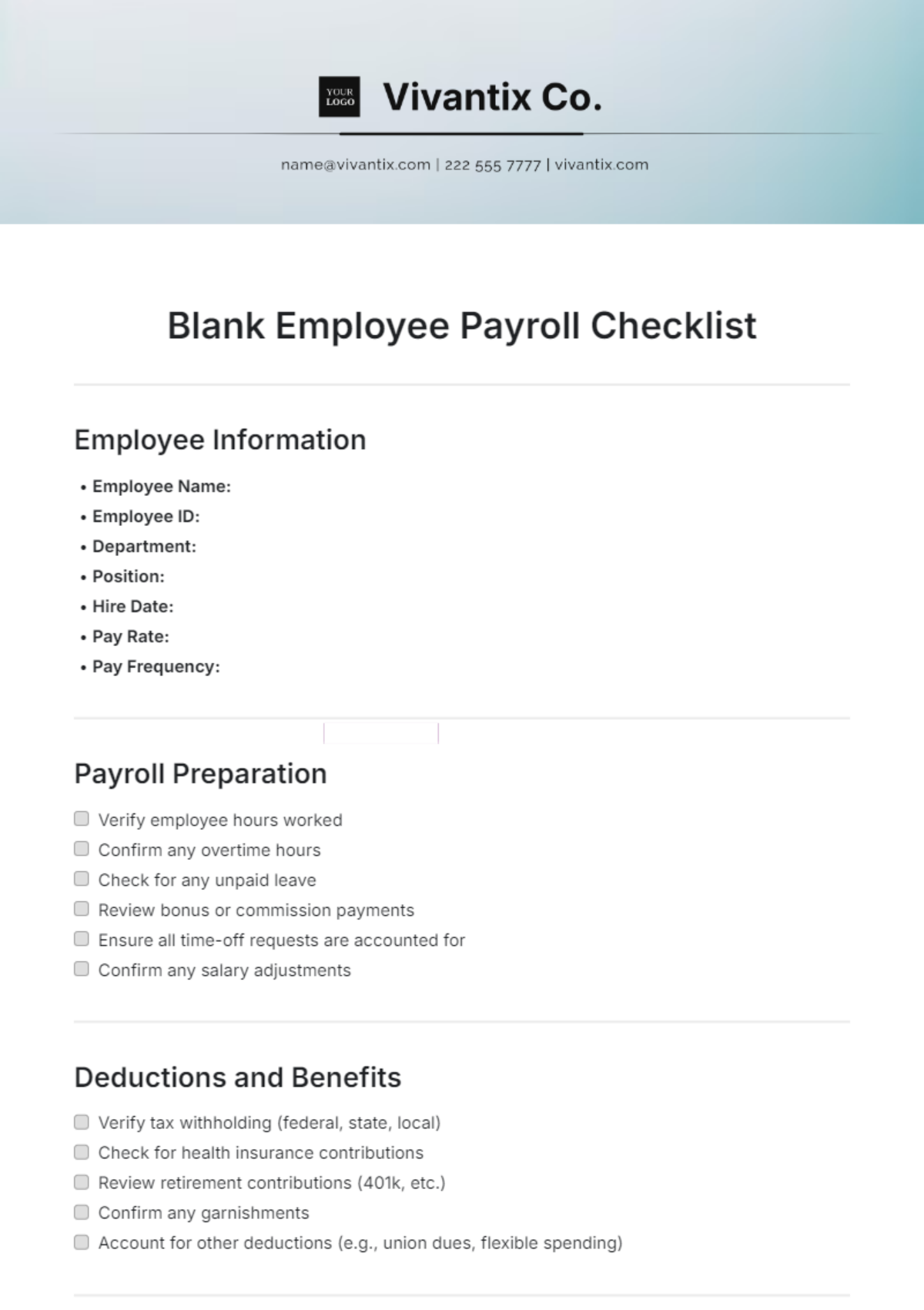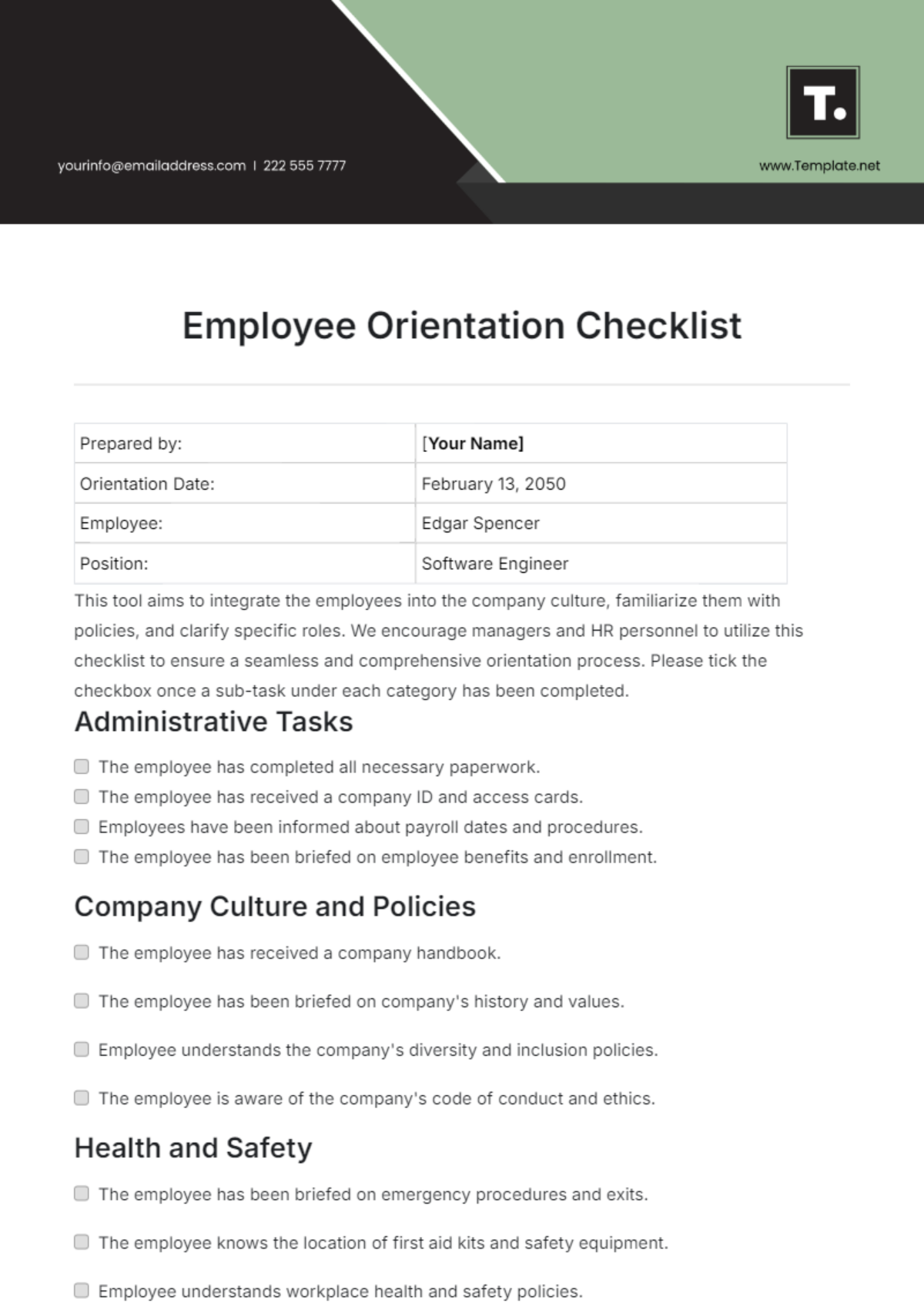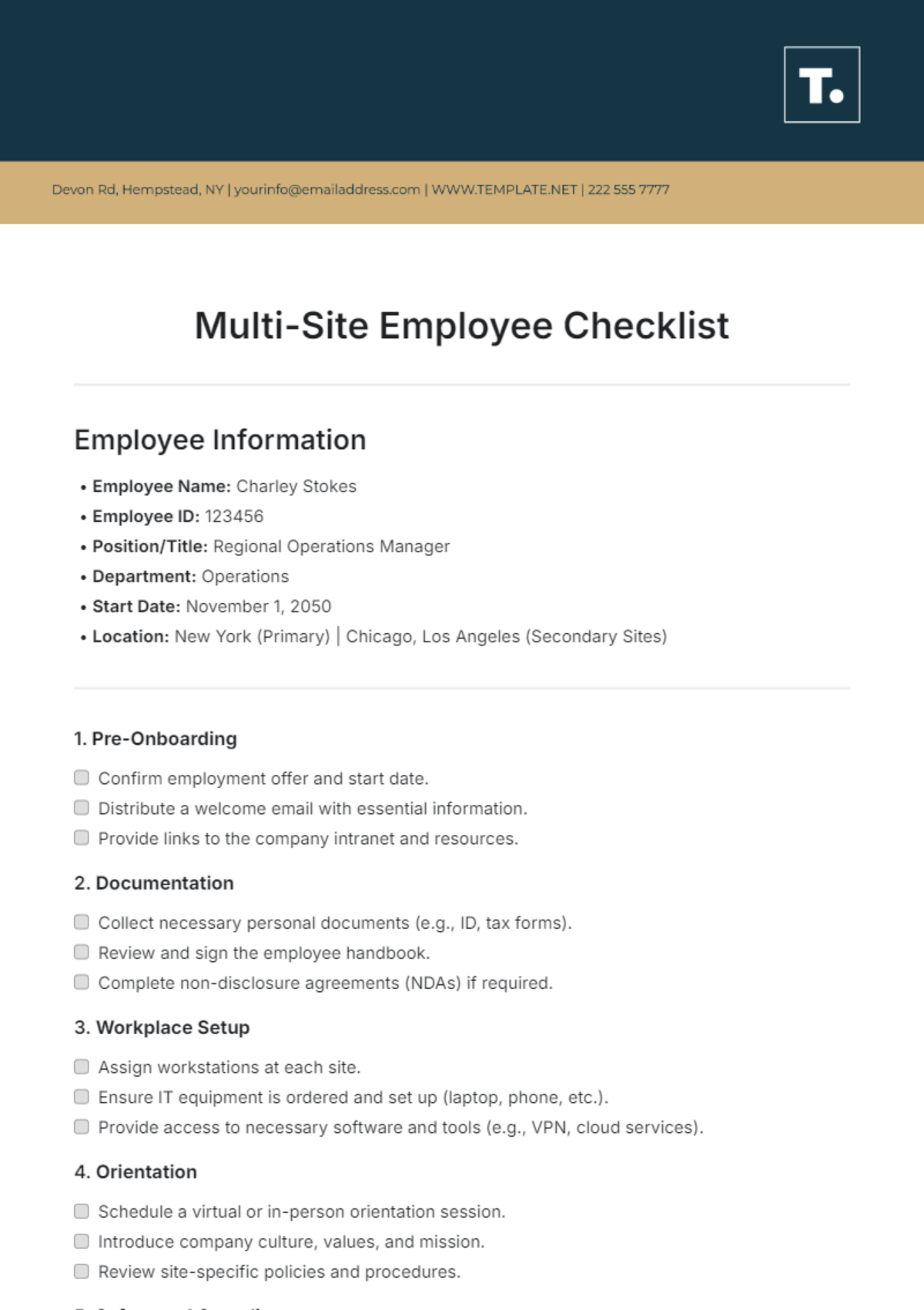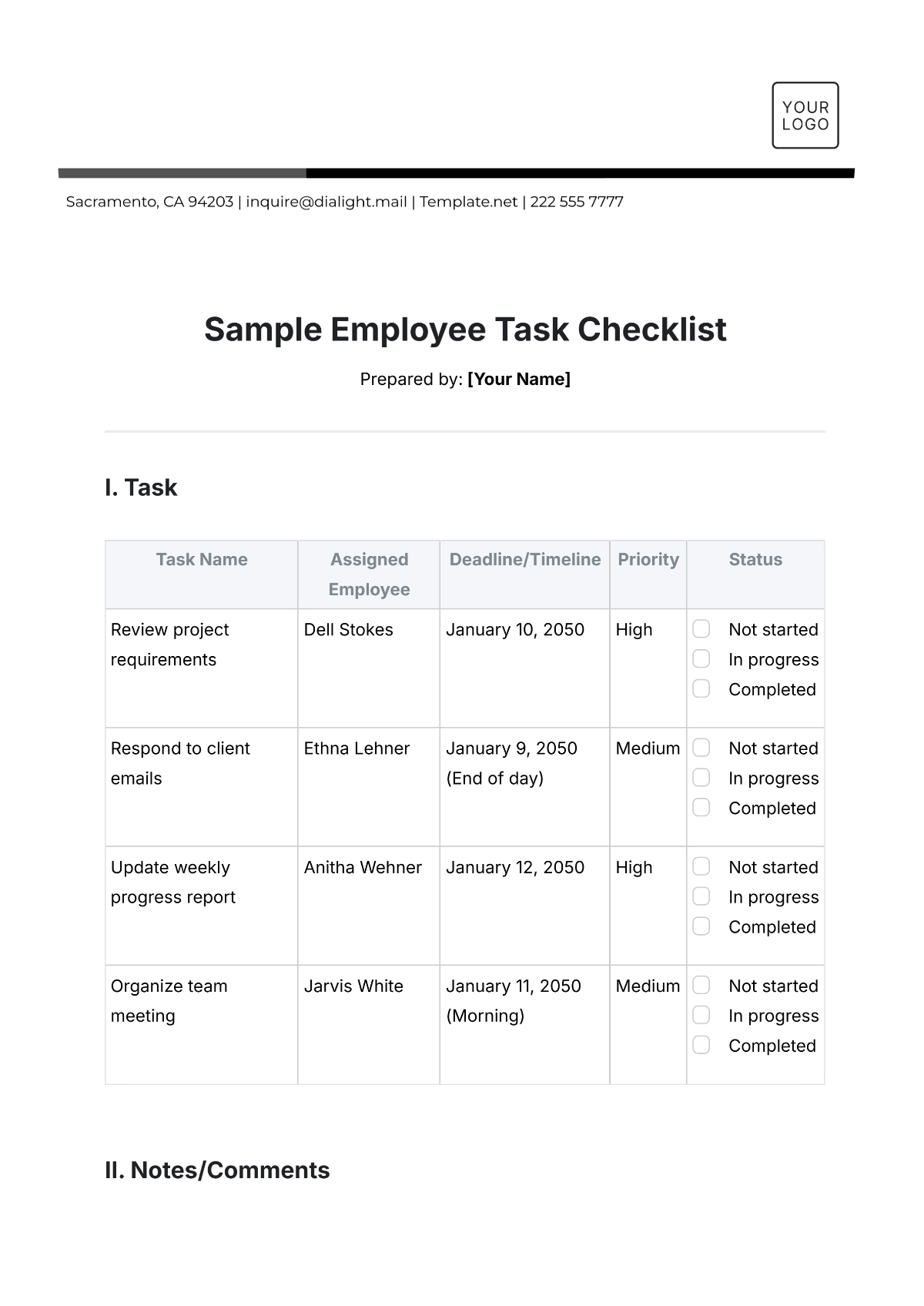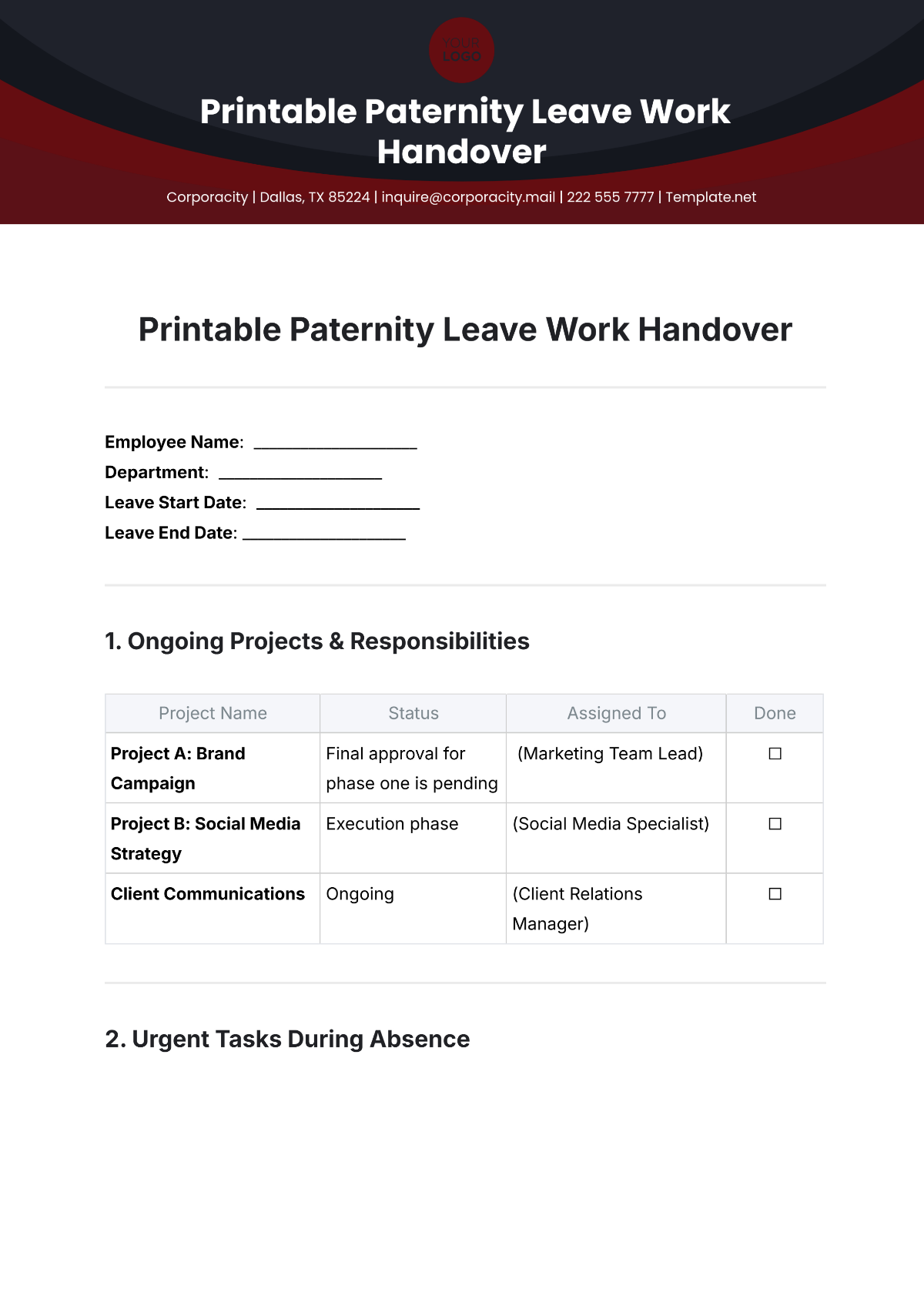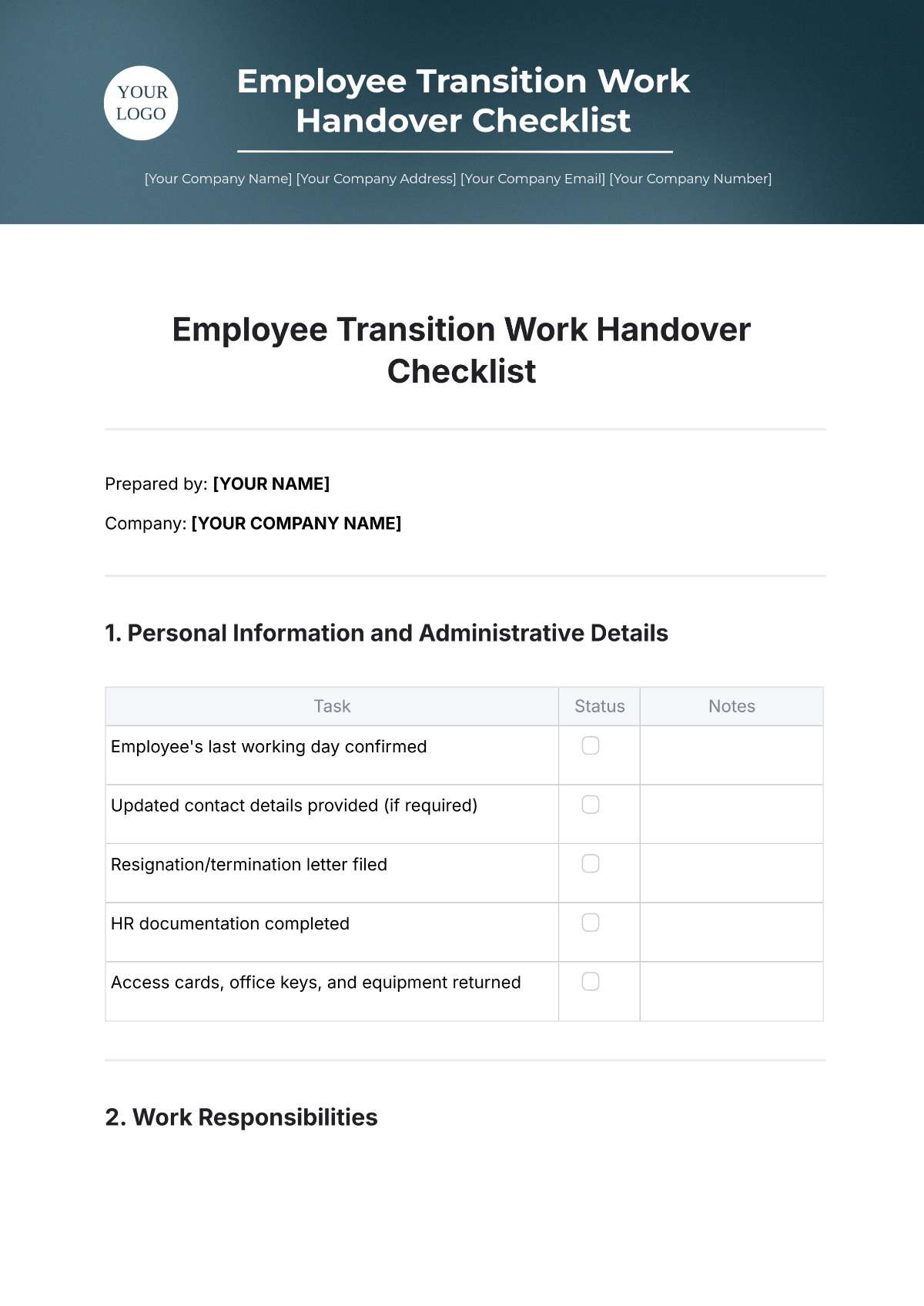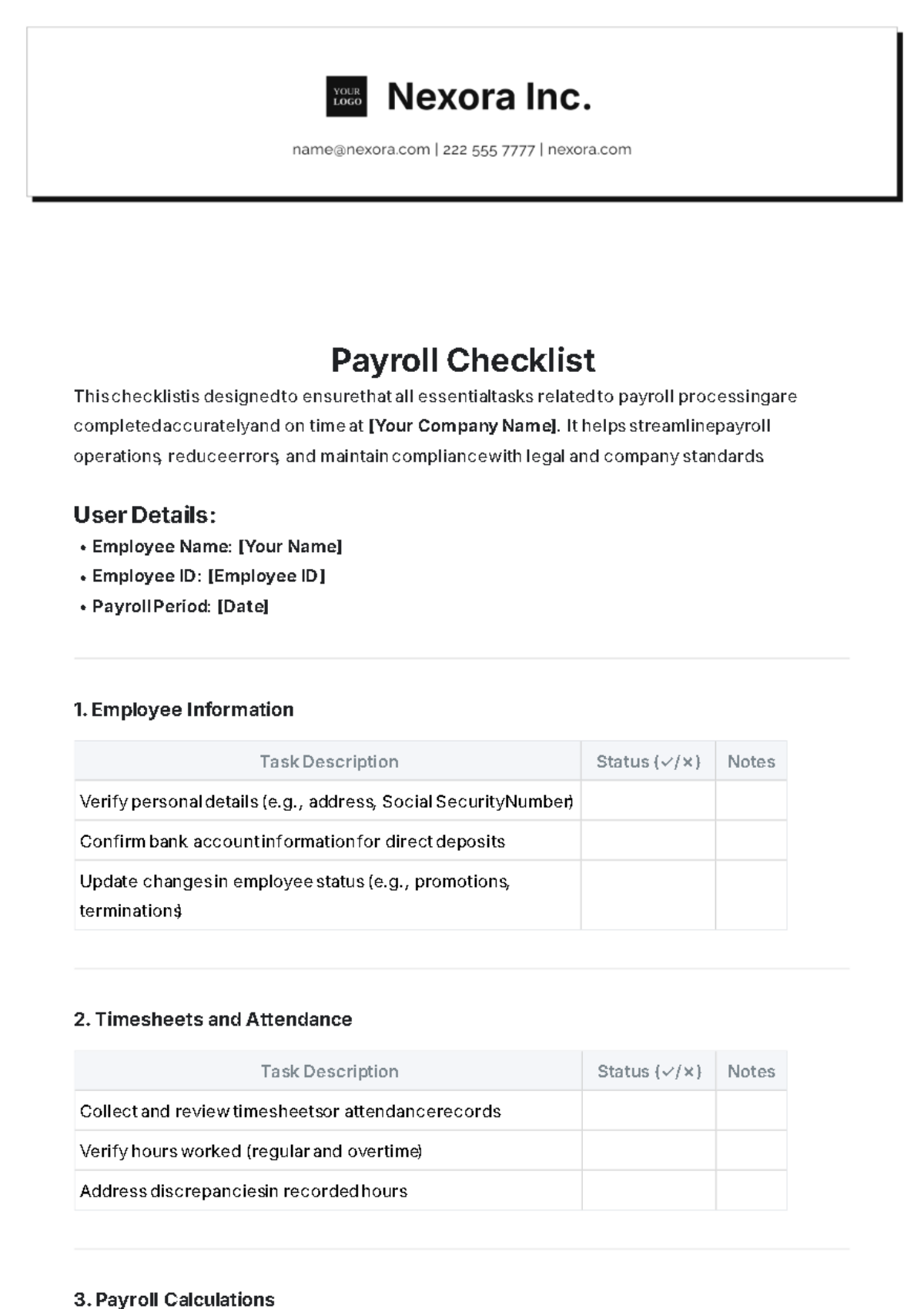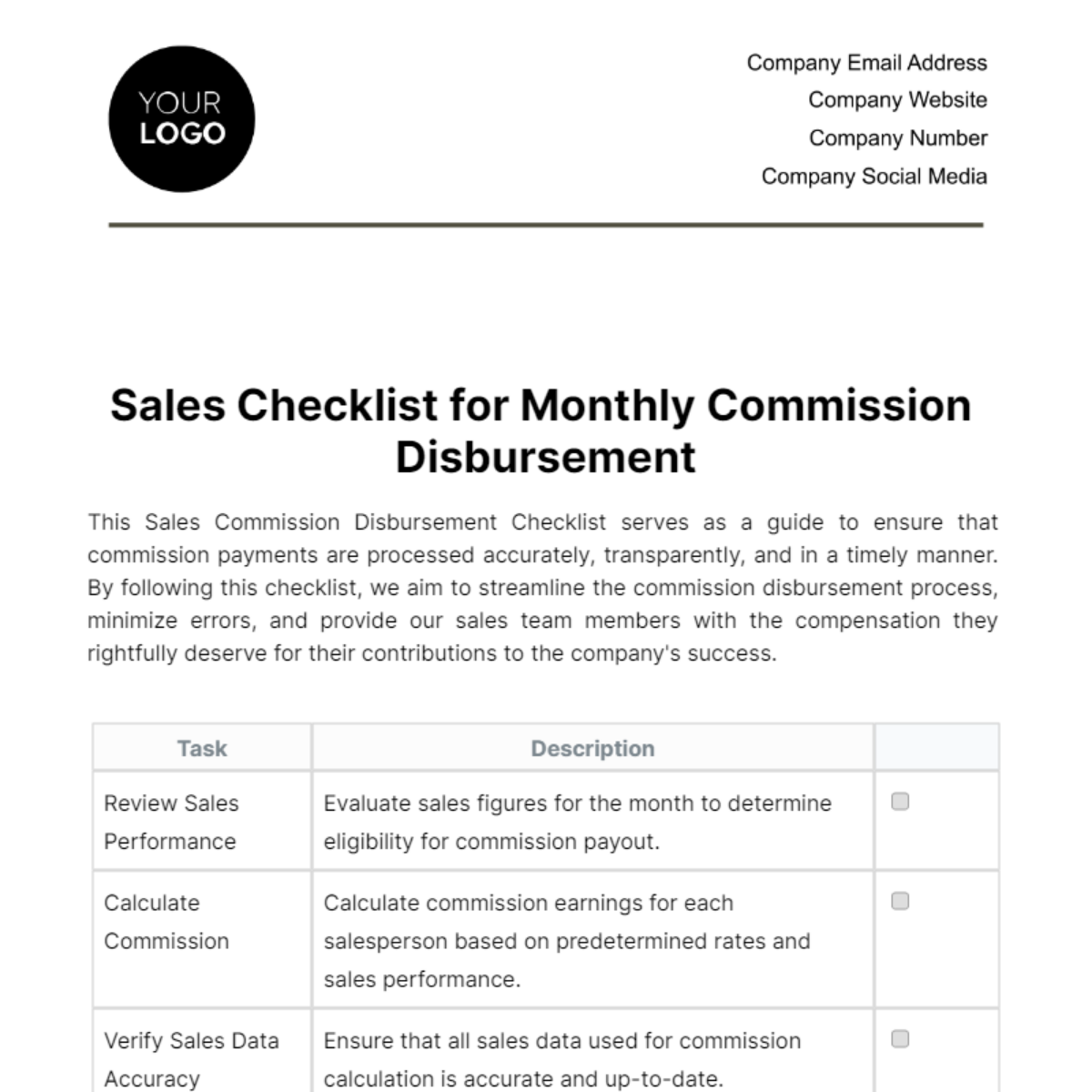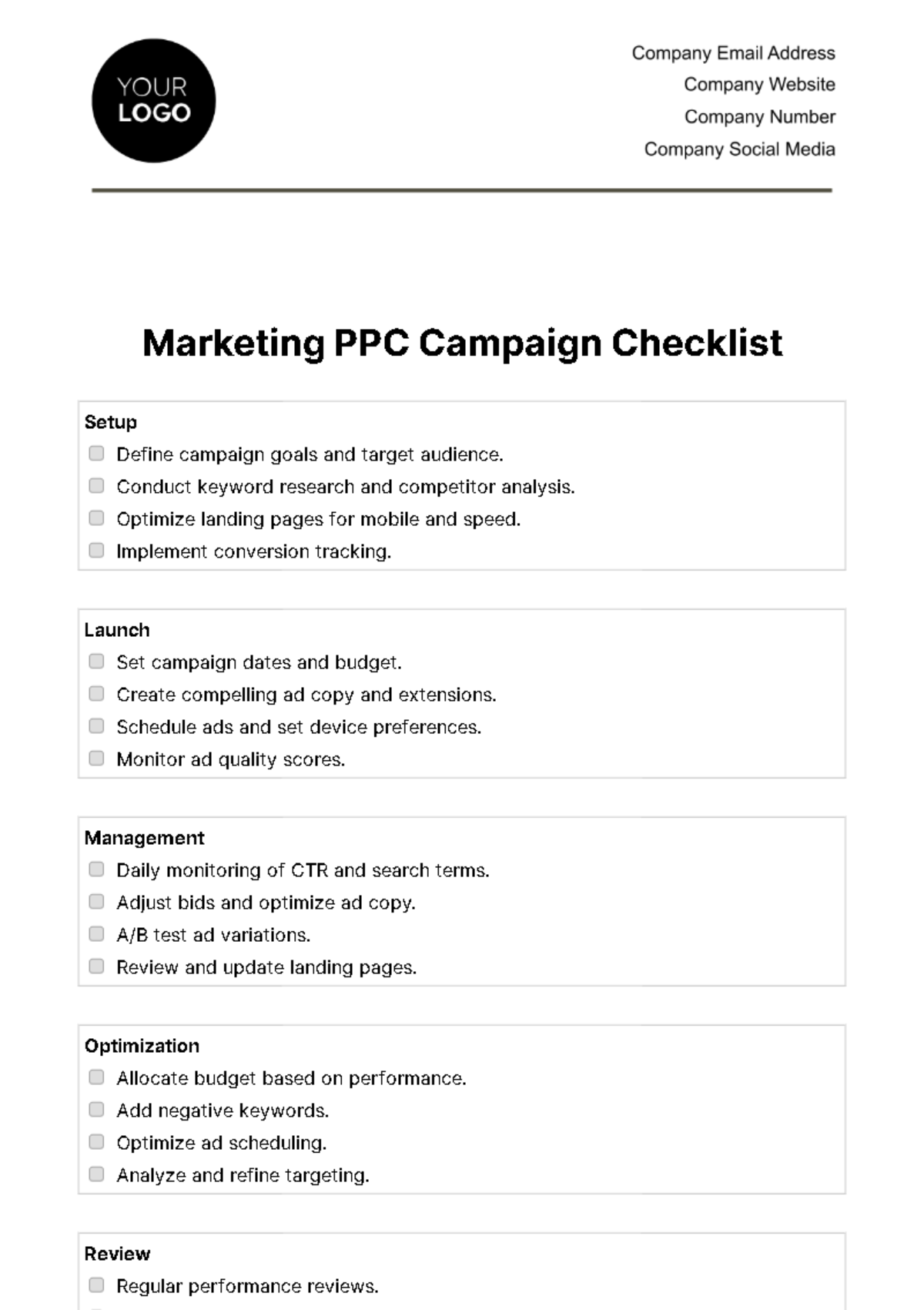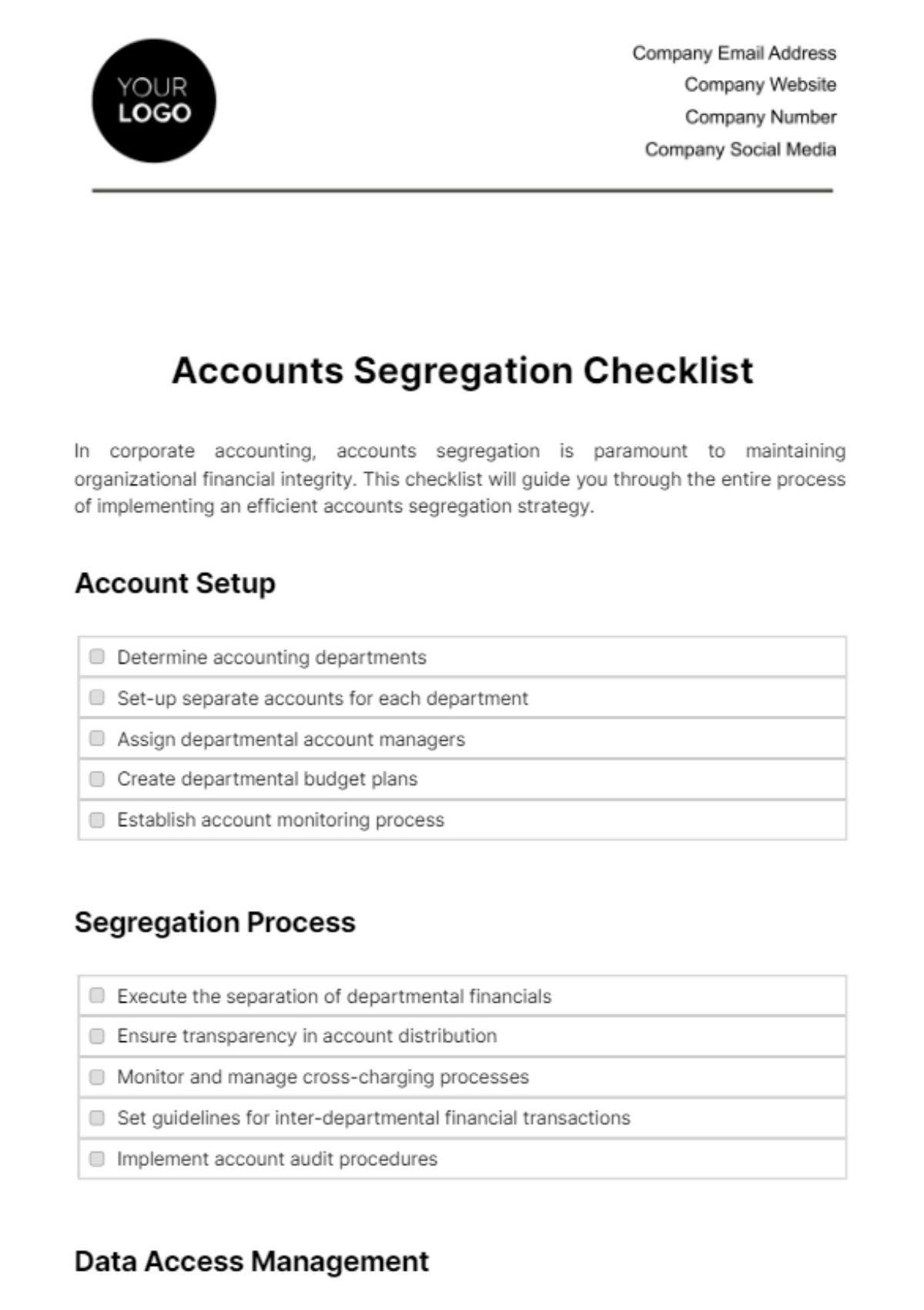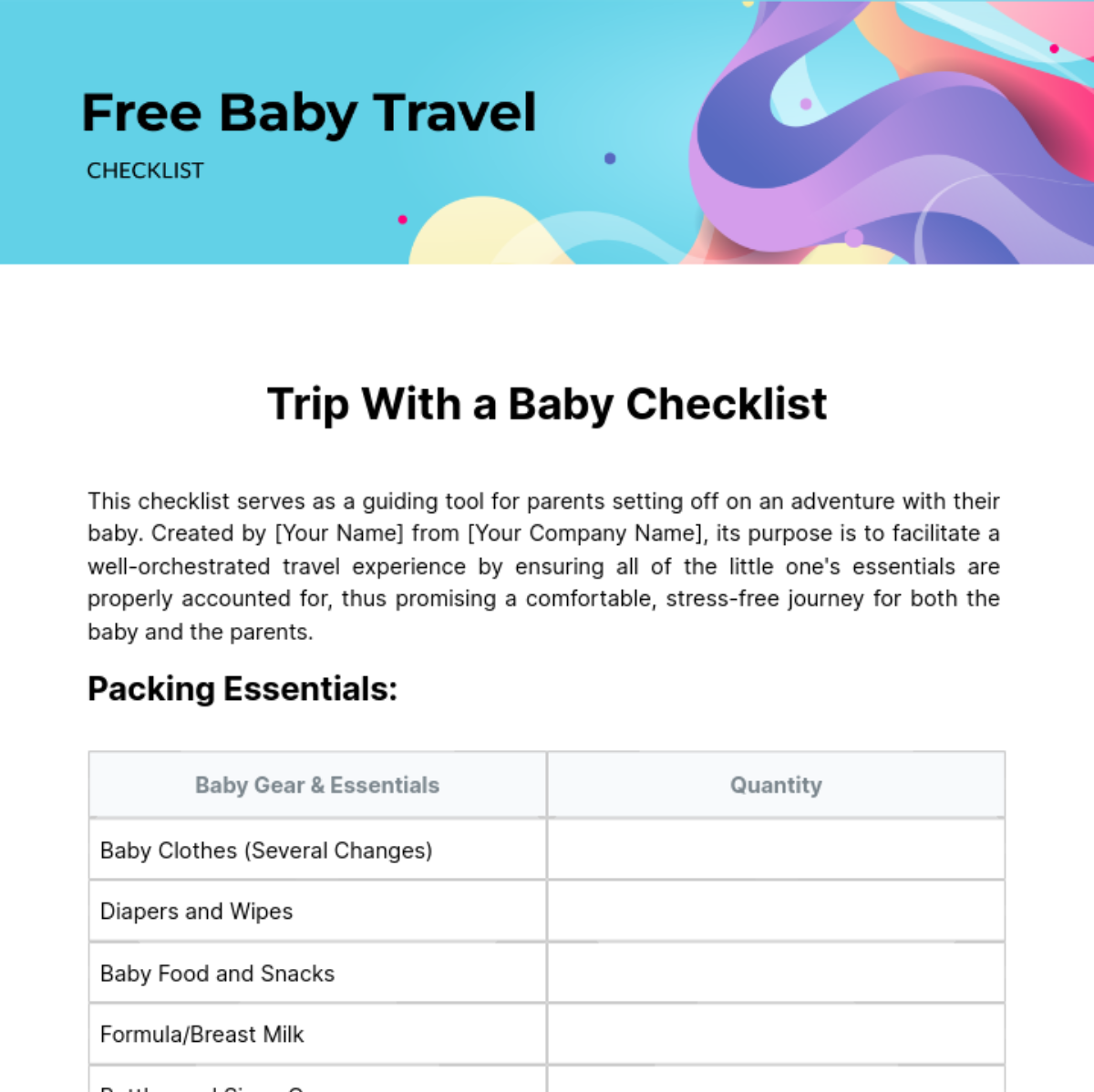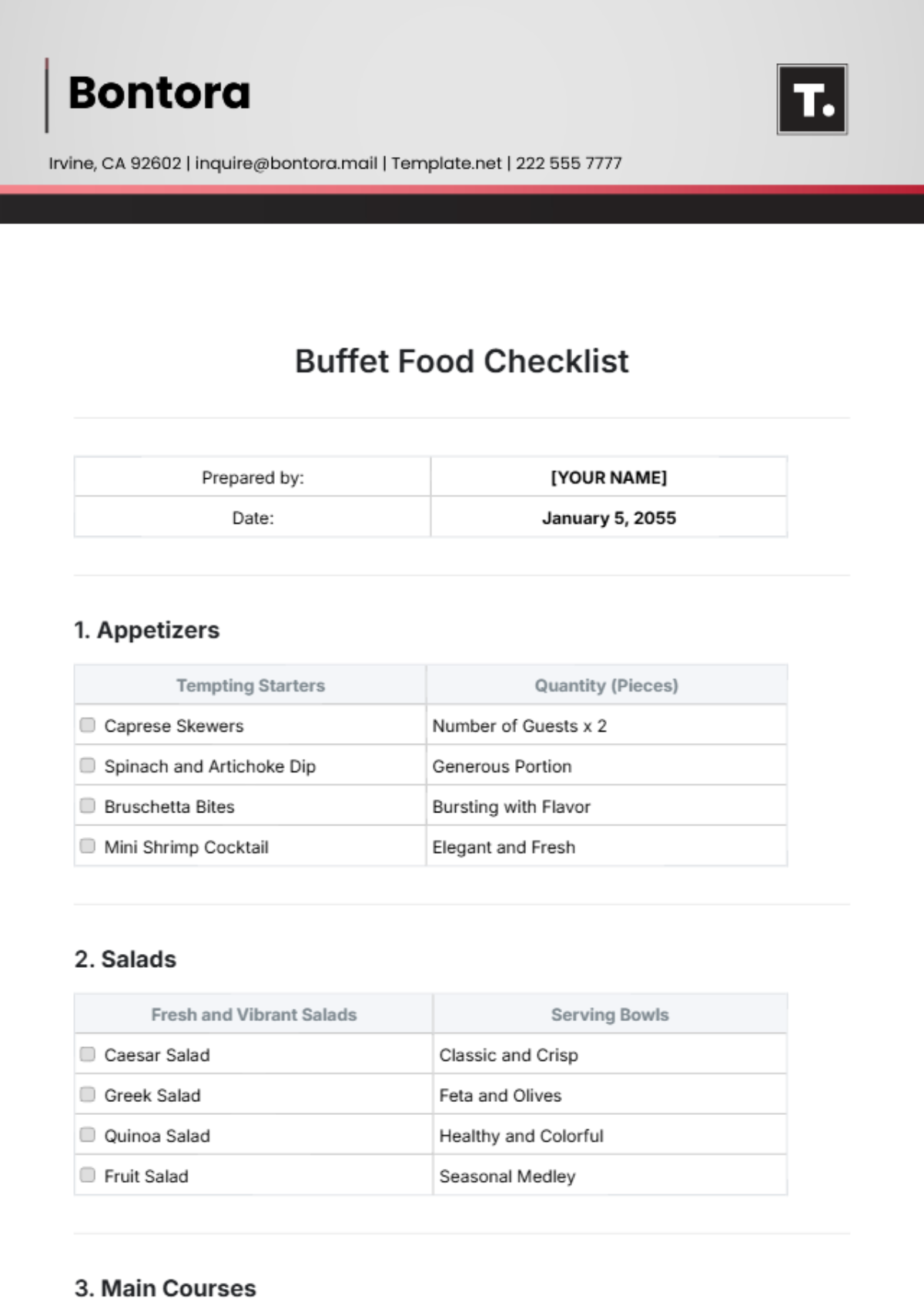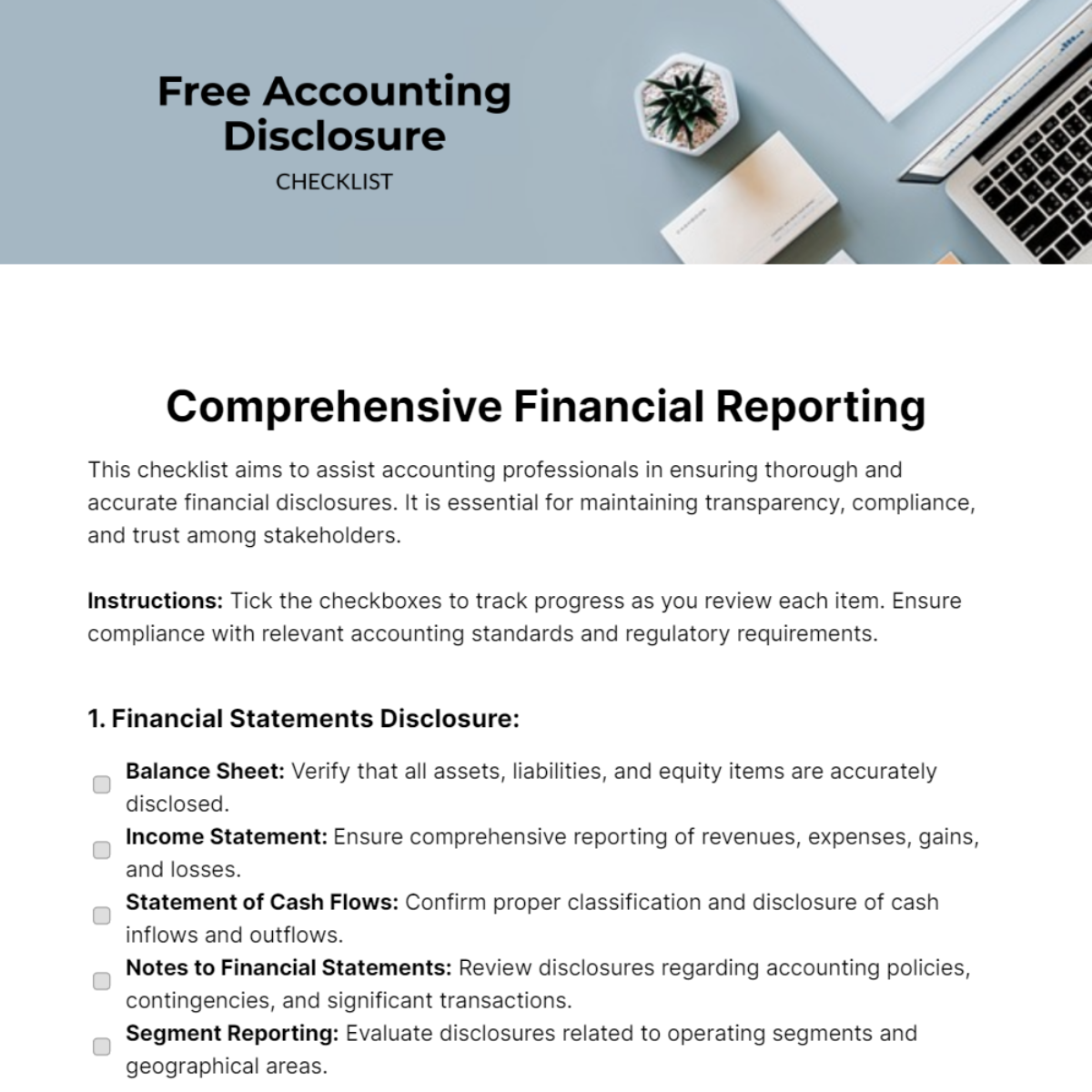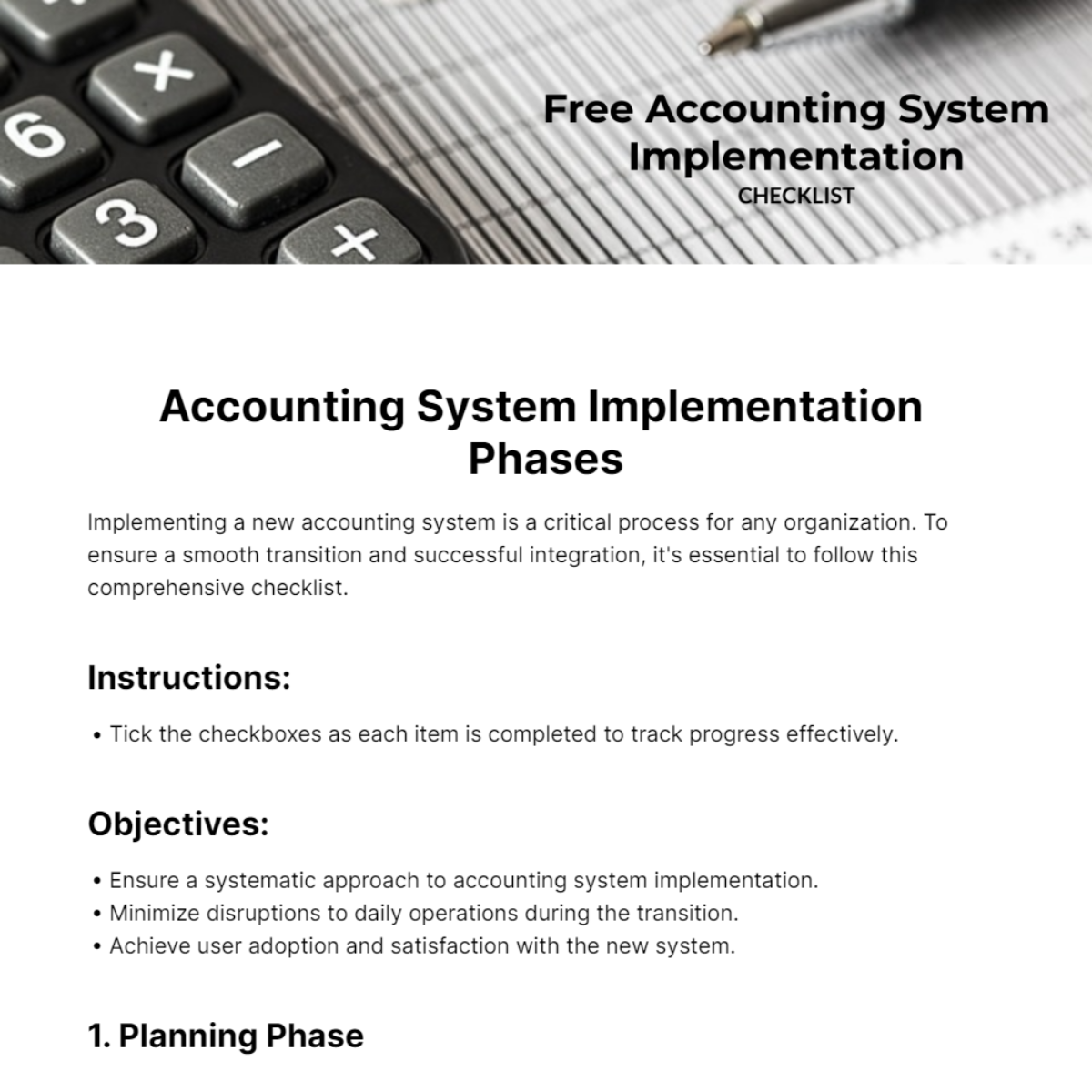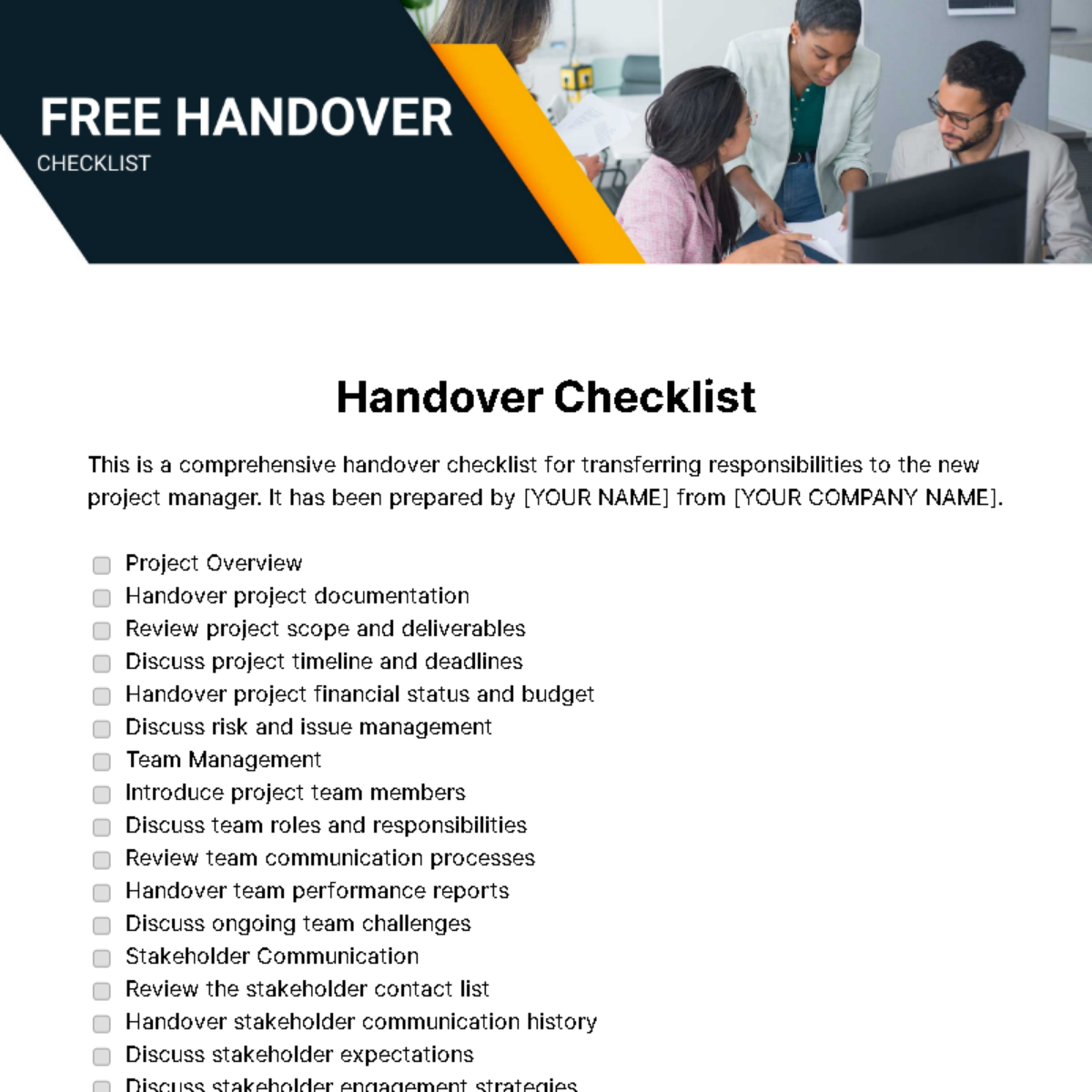Internal Controls Framework for Accounting Processes
Internal controls are essential for ensuring the accuracy, reliability, and integrity of financial reporting processes within an organization. This checklist aims to help businesses establish and maintain effective internal controls in their accounting procedures.
Instructions: Tick the checkboxes next to each item once the corresponding control has been implemented or reviewed.
Objectives: This checklist aims to: ensure the accuracy and reliability of financial reporting processes, mitigate the risk of fraud and errors in accounting transactions, and maintain compliance with regulatory requirements and accounting standards.
Financial Transactions
Cash Handling
Separate Duties: Ensure different people handle receiving, recording, and depositing cash.
Keep Records: Record all cash transactions with receipts and deposit slips.
Check Reconciliation: Match cash transactions with bank statements regularly.
Authorize Transactions: Get approval for large cash transactions.
Secure Cash: Lock cash drawers and safes when not in use.
Accounts Payable and Receivable
Verify Vendors: Make sure vendors are legitimate before paying.
Approve Invoices: Check and approve invoices before paying suppliers.
Monitor Payments: Keep track of overdue payments from customers.
Set Credit Limits: Have clear rules for extending credit and check customer creditworthiness.
Split Tasks: Separate invoicing, receiving payments, and recording transactions.
Financial Reporting
Accuracy and Completeness
Review Trial Balance: Double-check financial balances regularly.
Reconcile Accounts: Make sure all accounts match up.
Adjust Entries: Correctly record any needed adjustments.
Check Statements: Verify financial statements are accurate.
Audit Internally: Conduct internal audits to improve controls.
Compliance
Follow Rules: Adhere to accounting standards and regulations.
Keep Records: Store financial documents as required by law.
Segregate Duties: Have different people handle different tasks.
Prepare for Audits: Get ready for external audits.
Train Employees: Teach staff about accounting regulations.
Information Technology Controls
Data Security
Limit Access: Control who can see financial data.
Encrypt Data: Protect sensitive information with encryption.
Use Firewalls: Keep unauthorized users out with firewall software.
Backup Regularly: Make copies of financial data often.
Monitor Security: Keep an eye out for unusual activity.
System Reliability
Test Systems: Make sure accounting software works properly.
Update Software: Keep software up to date to fix issues.
Have Backups: Keep extra copies of data in case of emergencies.
Watch Performance: Monitor system performance for problems.
Plan for Disasters: Prepare for system failures with a recovery plan.
